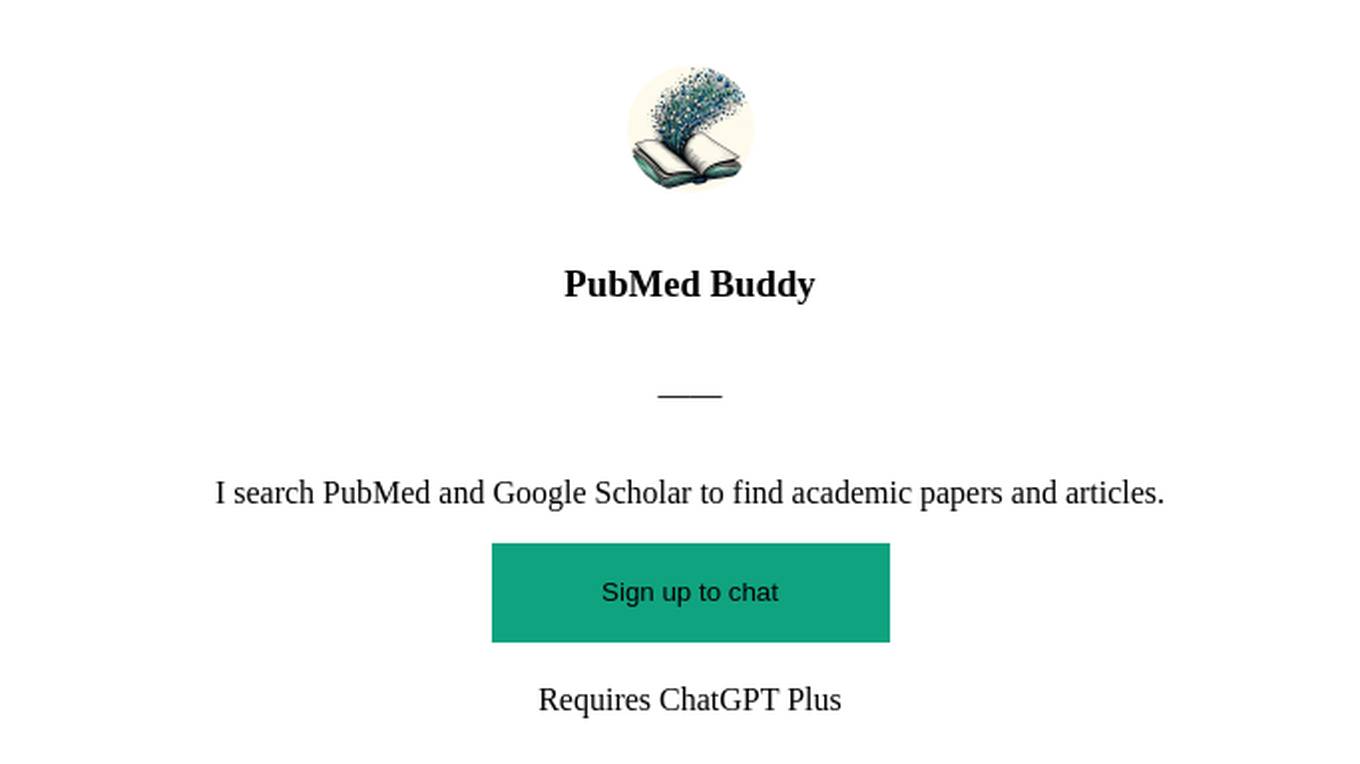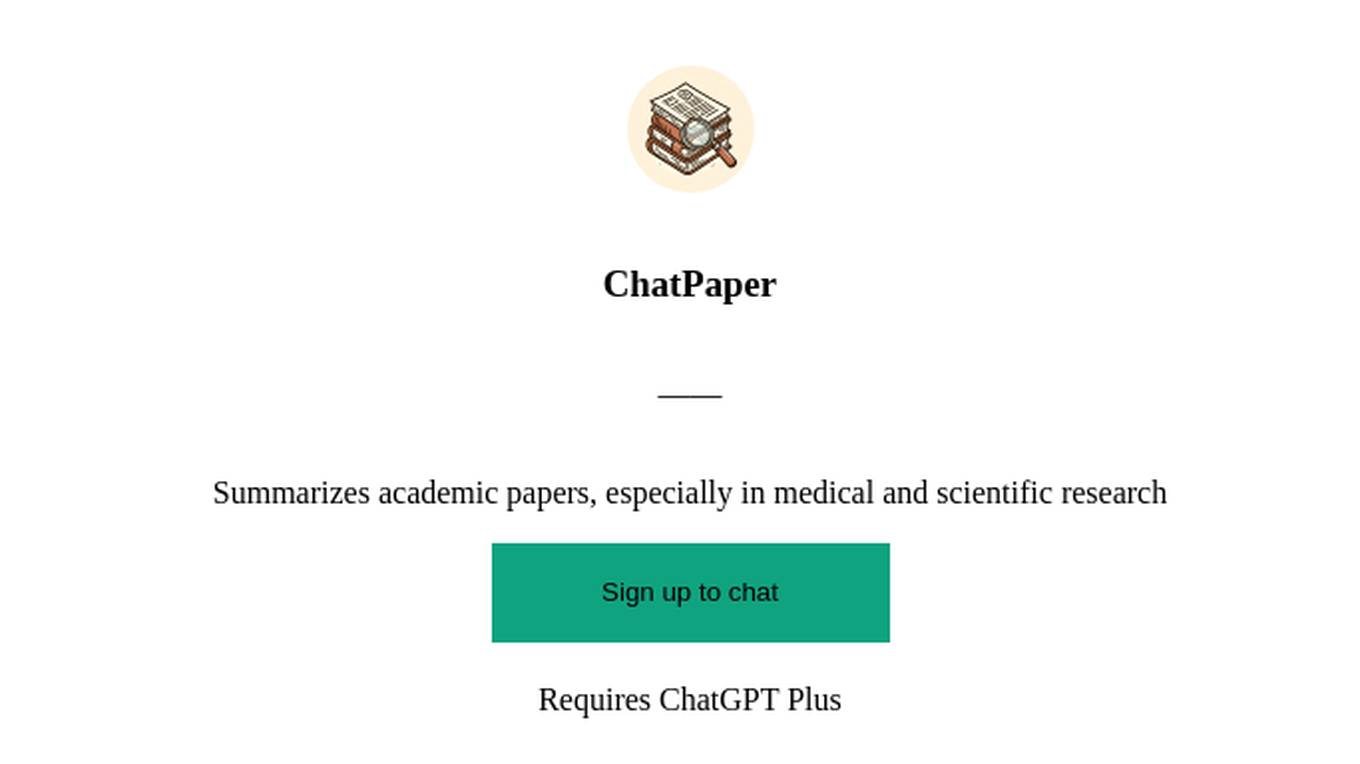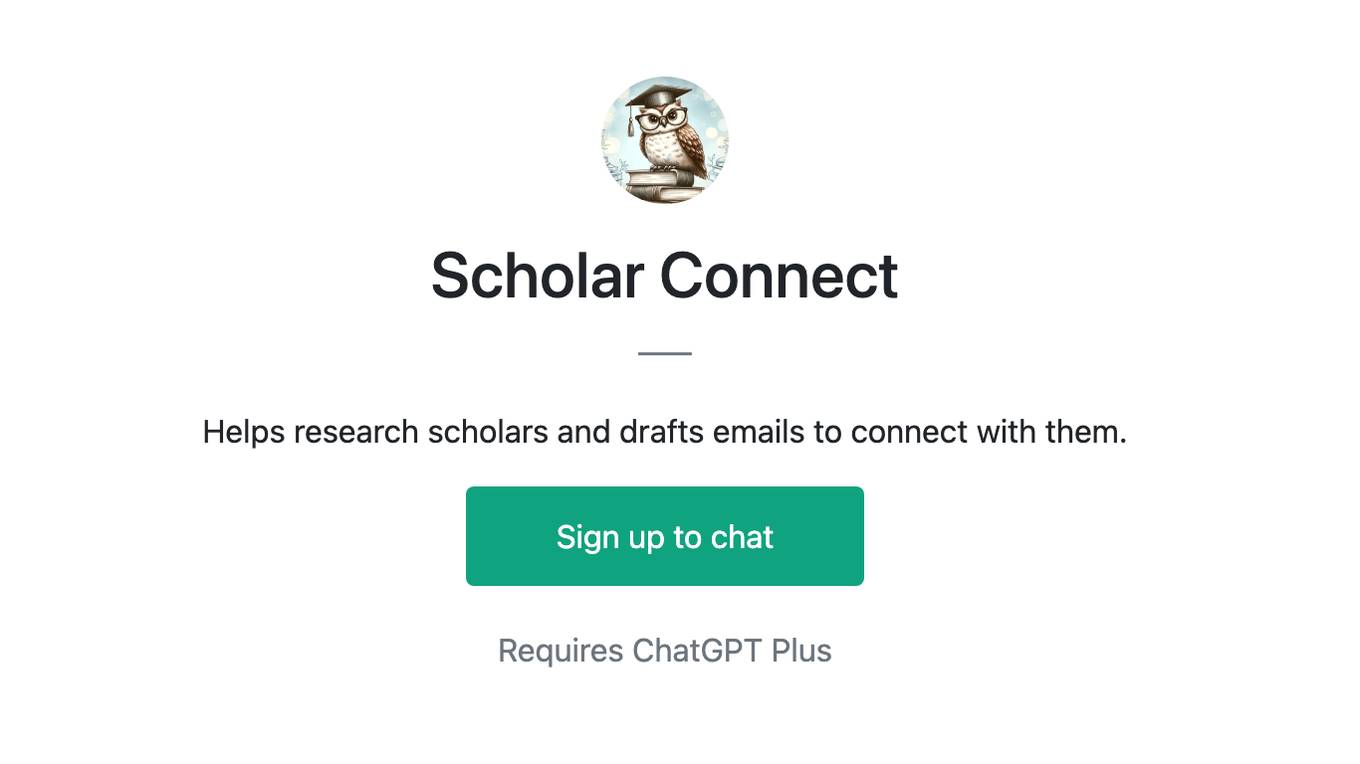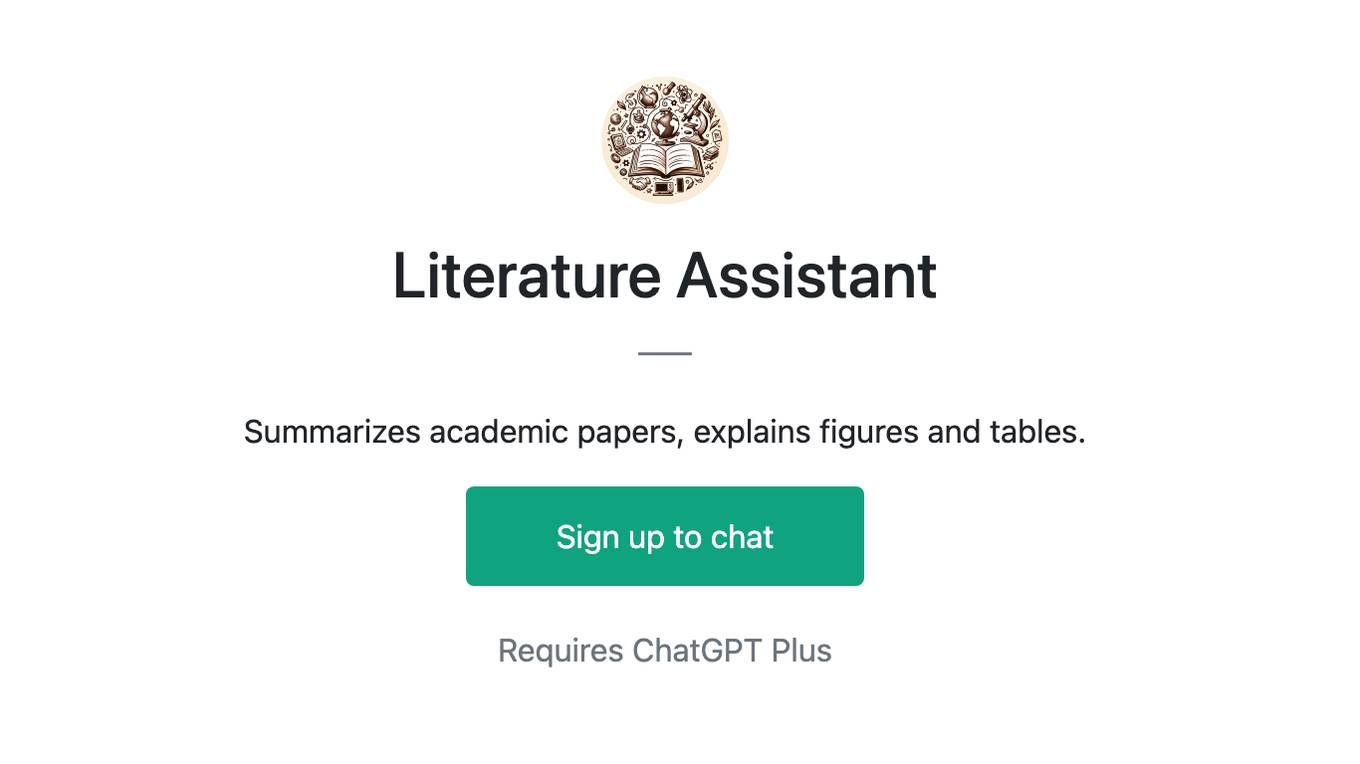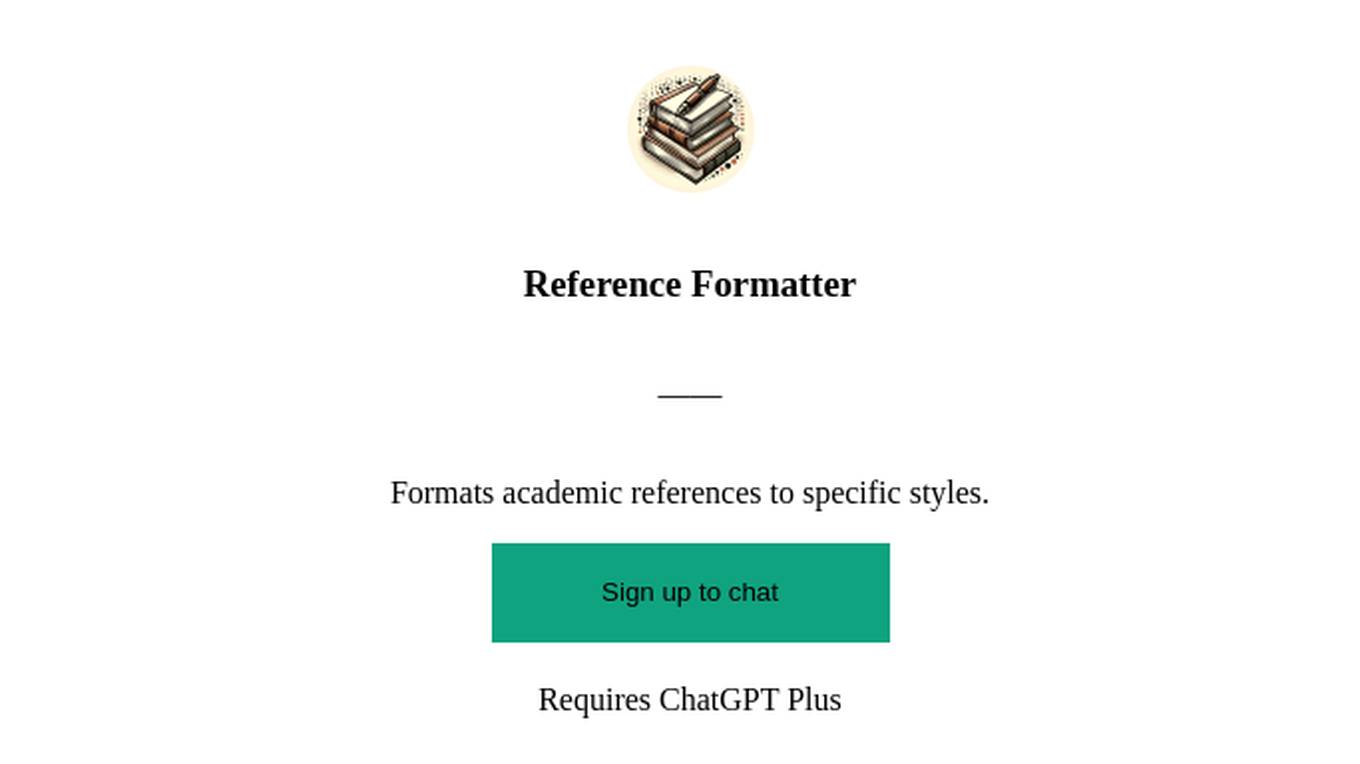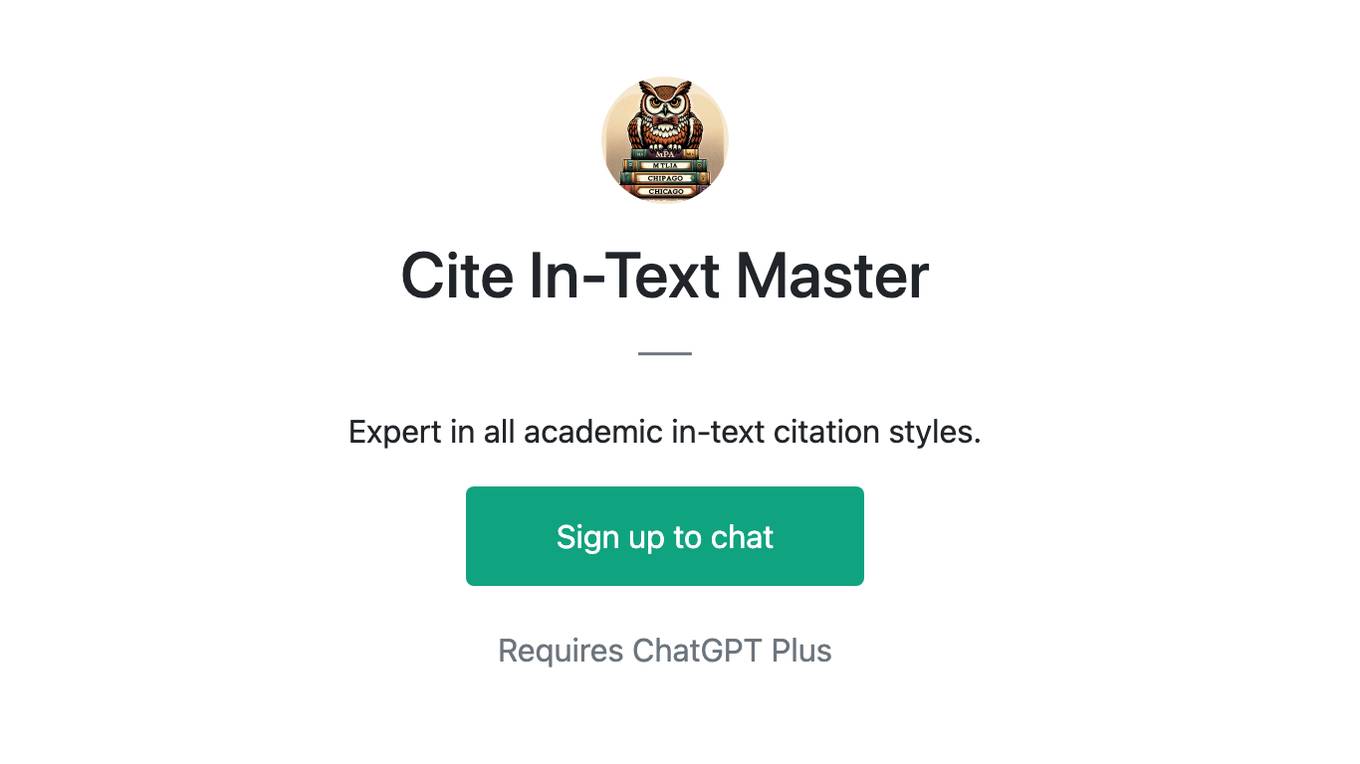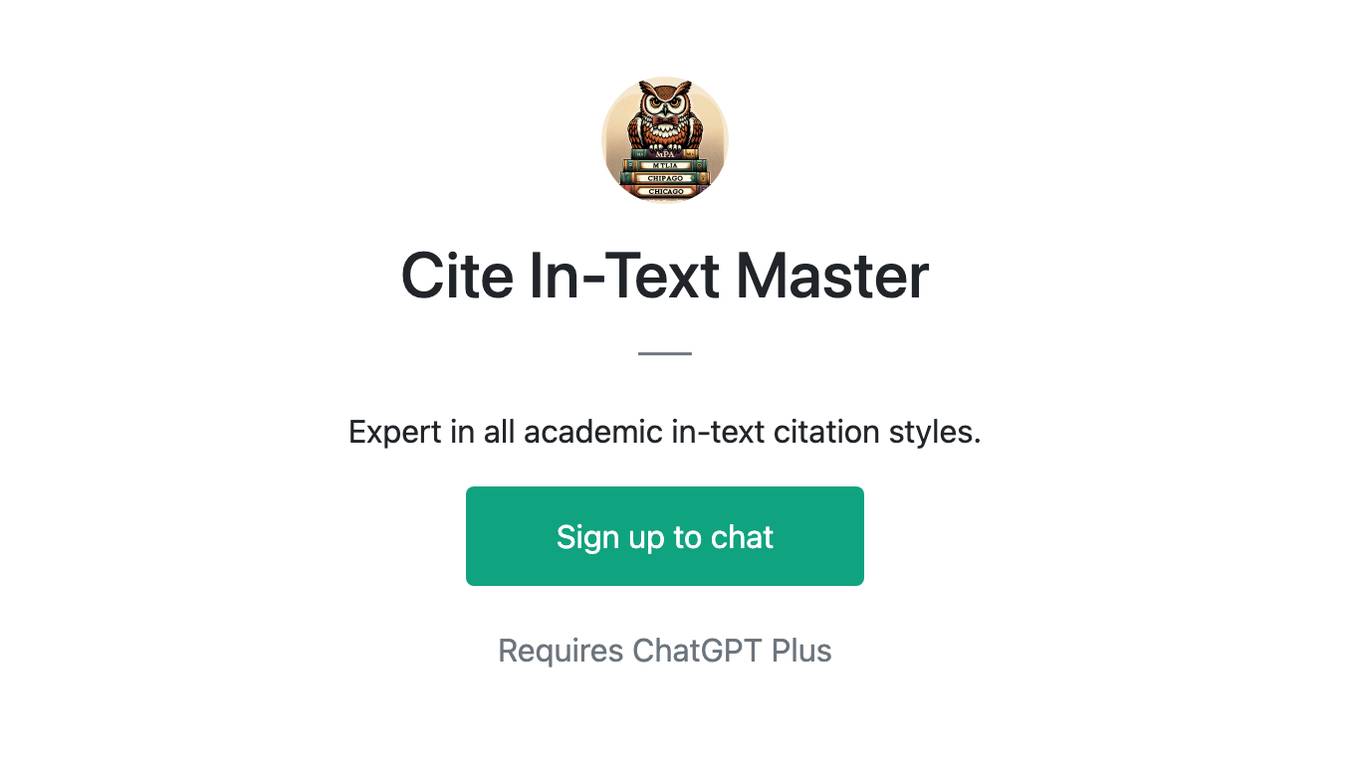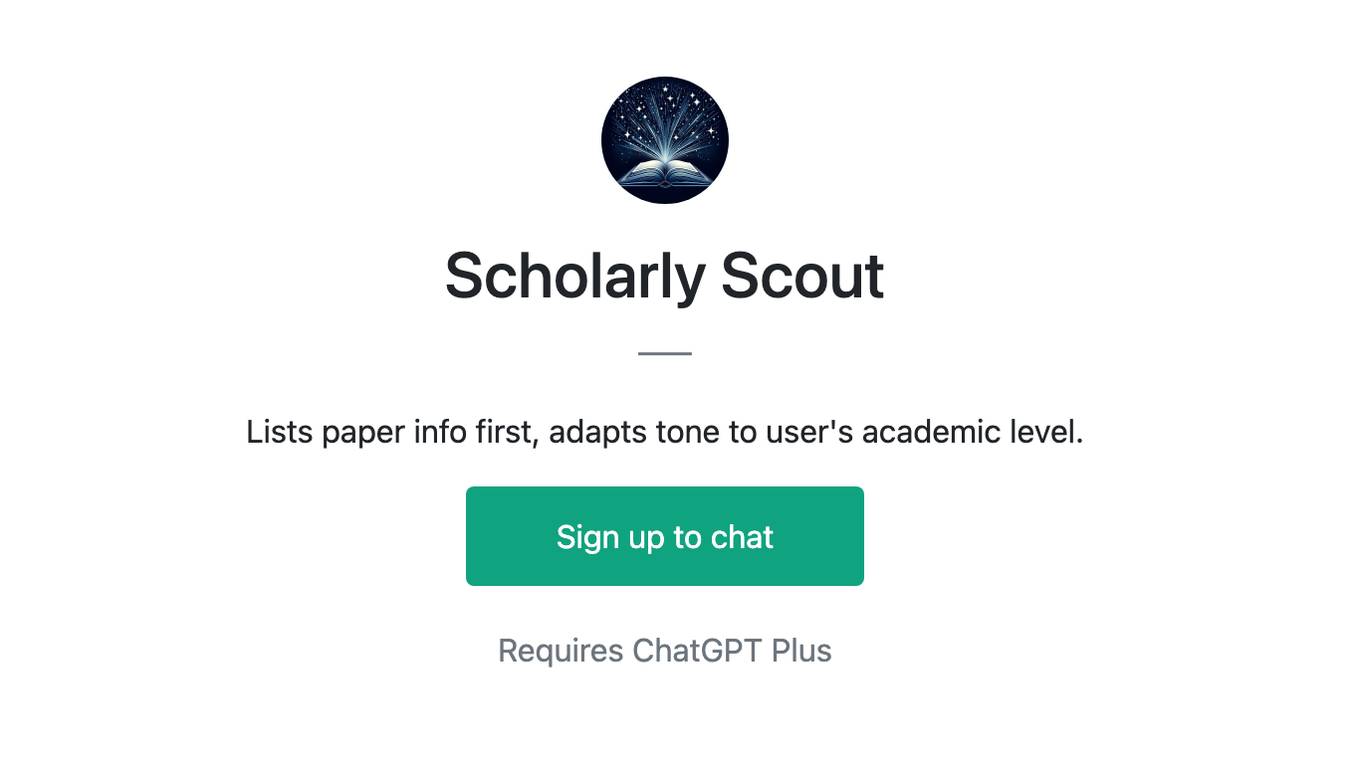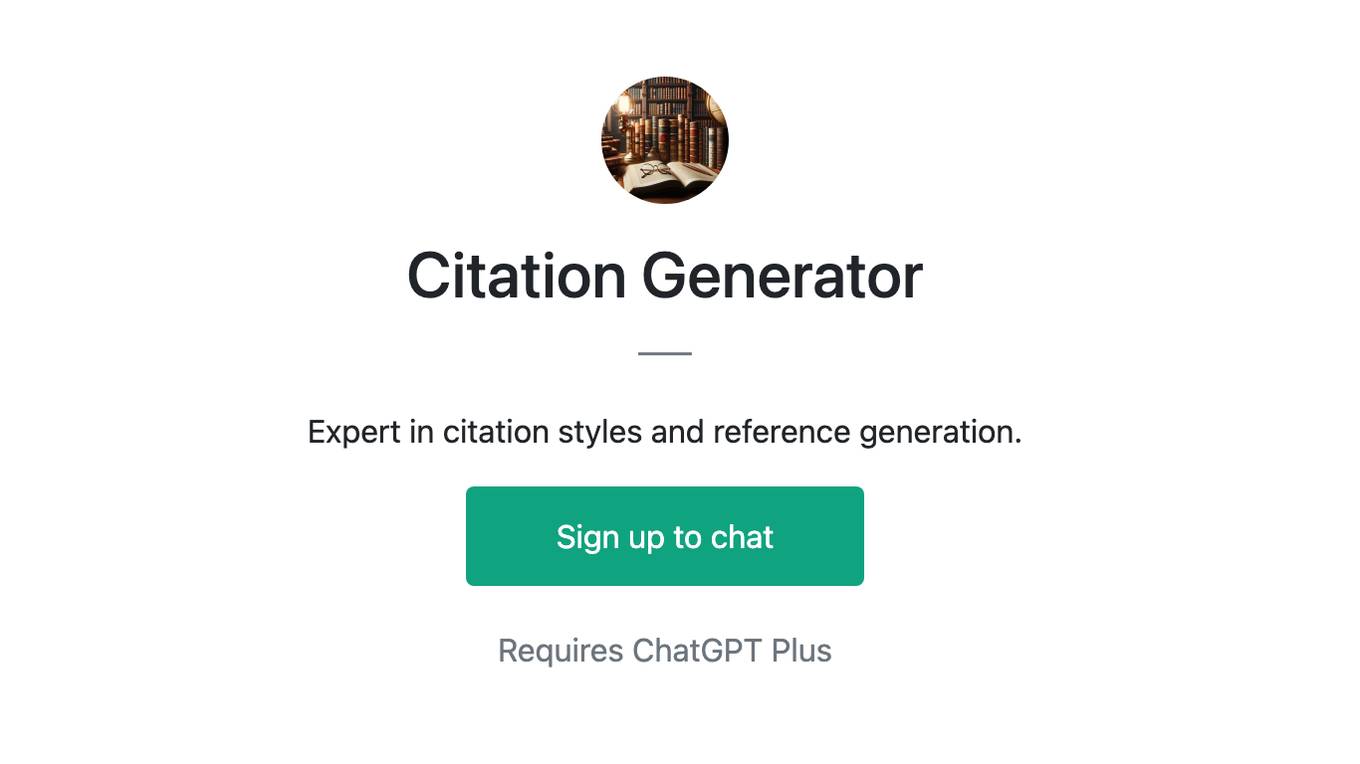Best AI tools for< Academic Librarian >
Infographic
12 - AI tool Sites
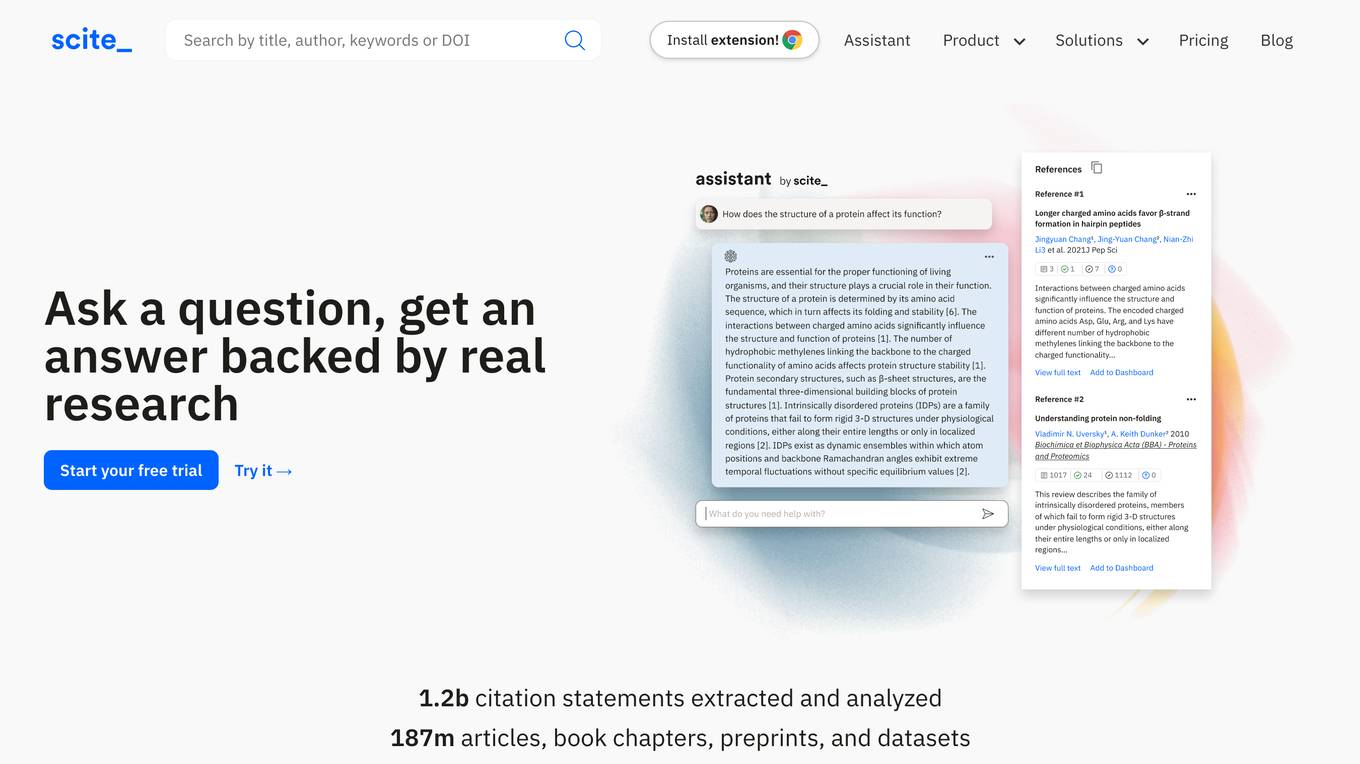
Scite
Scite is an award-winning platform for discovering and evaluating scientific articles via Smart Citations. Smart Citations allow users to see how a publication has been cited by providing the context of the citation and a classification describing whether it provides supporting or contrasting evidence for the cited claim.

ResearchRabbit
ResearchRabbit is a research tool that helps researchers discover and organize academic papers. It uses artificial intelligence to recommend papers that are relevant to a researcher's interests and to visualize networks of papers and co-authorships. ResearchRabbit also allows researchers to collaborate on collections of papers and to share their findings with others.
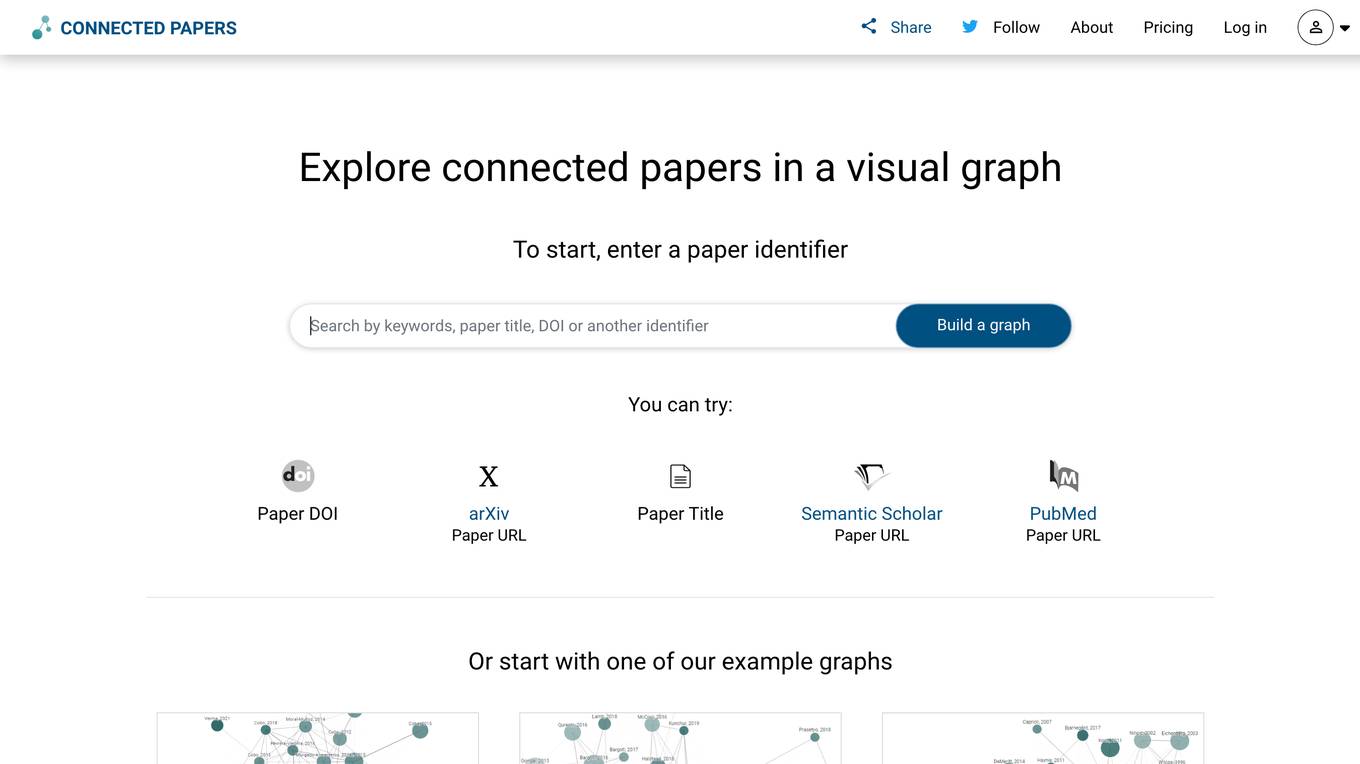
Connected Papers
Connected Papers is a search engine for academic papers that uses artificial intelligence to help users find and explore relevant research. It allows users to search for papers by keyword, author, or title, and then explore the connections between them. Connected Papers also provides a variety of tools to help users organize and manage their research, including the ability to create custom collections of papers, add notes and annotations, and share their research with others.
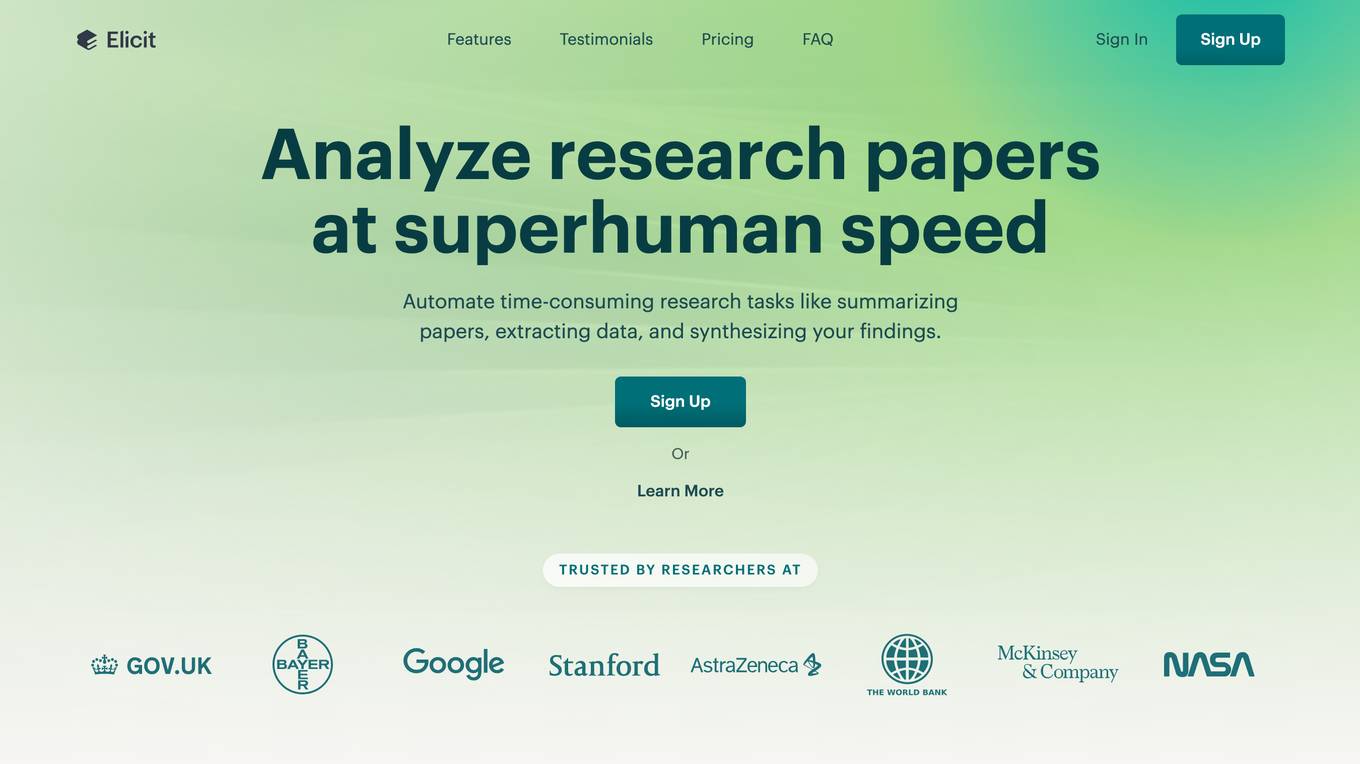
Elicit
Elicit is a research tool that uses artificial intelligence to help researchers analyze research papers more efficiently. It can summarize papers, extract data, and synthesize findings, saving researchers time and effort. Elicit is used by over 800,000 researchers worldwide and has been featured in publications such as Nature and Science. It is a powerful tool that can help researchers stay up-to-date on the latest research and make new discoveries.
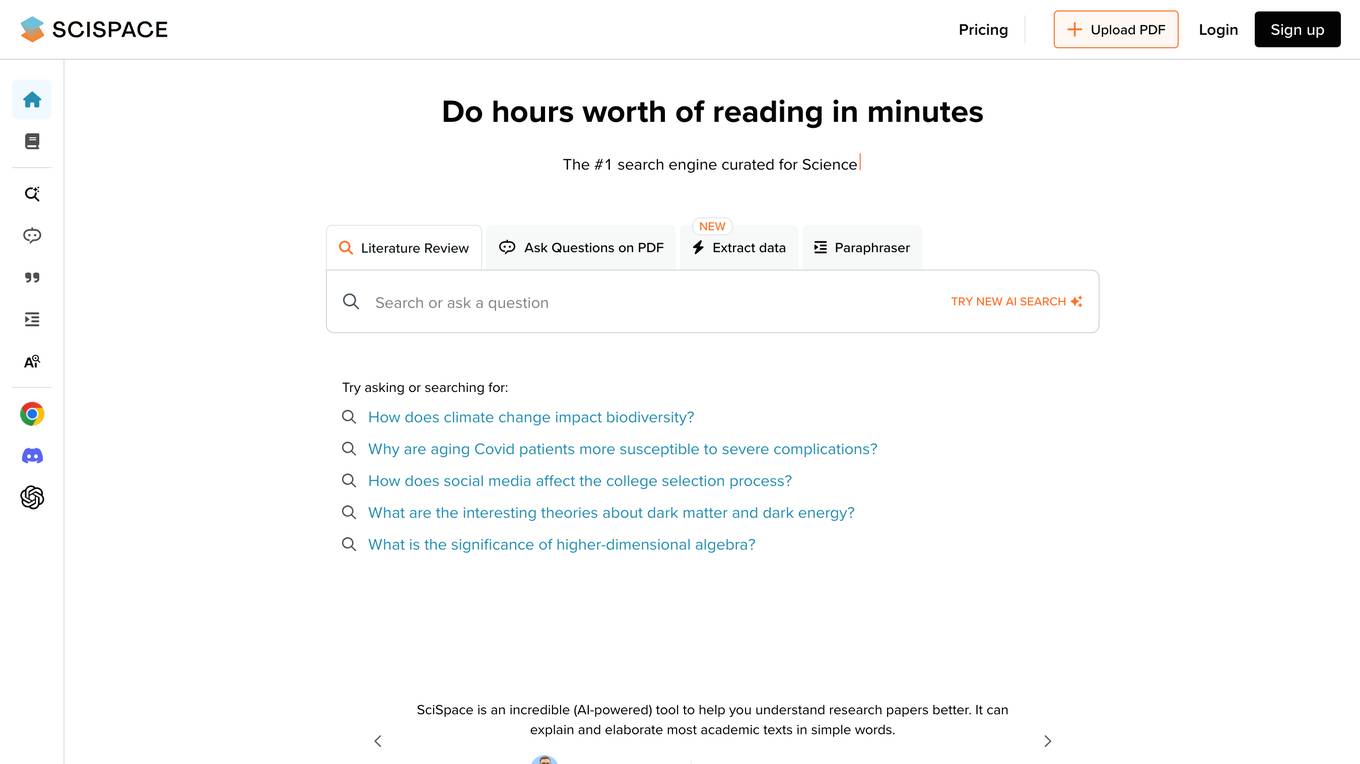
SciSpace
SciSpace is an AI-powered tool that helps researchers understand research papers better. It can explain and elaborate most academic texts in simple words. It is a great tool for students, researchers, and anyone who wants to learn more about a particular topic. SciSpace has a user-friendly interface and is easy to use. Simply upload a research paper or enter a URL, and SciSpace will do the rest. It will highlight key concepts, provide definitions, and generate a summary of the paper. SciSpace can also be used to generate citations and find related papers.
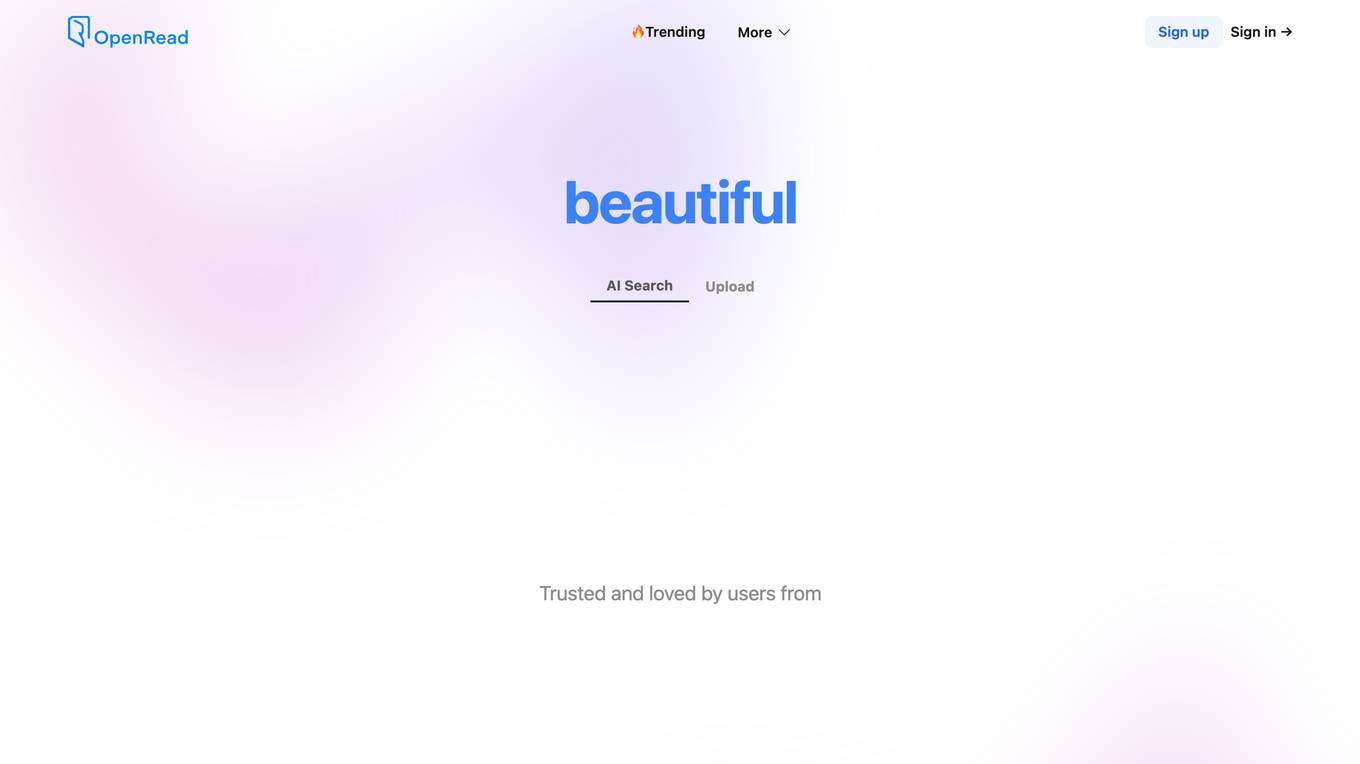
OpenRead
OpenRead is an AI-powered research tool that helps users discover, understand, and organize scientific literature. It offers a variety of features to make research more efficient and effective, including semantic search, AI summarization, and note-taking tools. OpenRead is designed to help researchers of all levels, from students to experienced professionals, save time and improve their research outcomes.
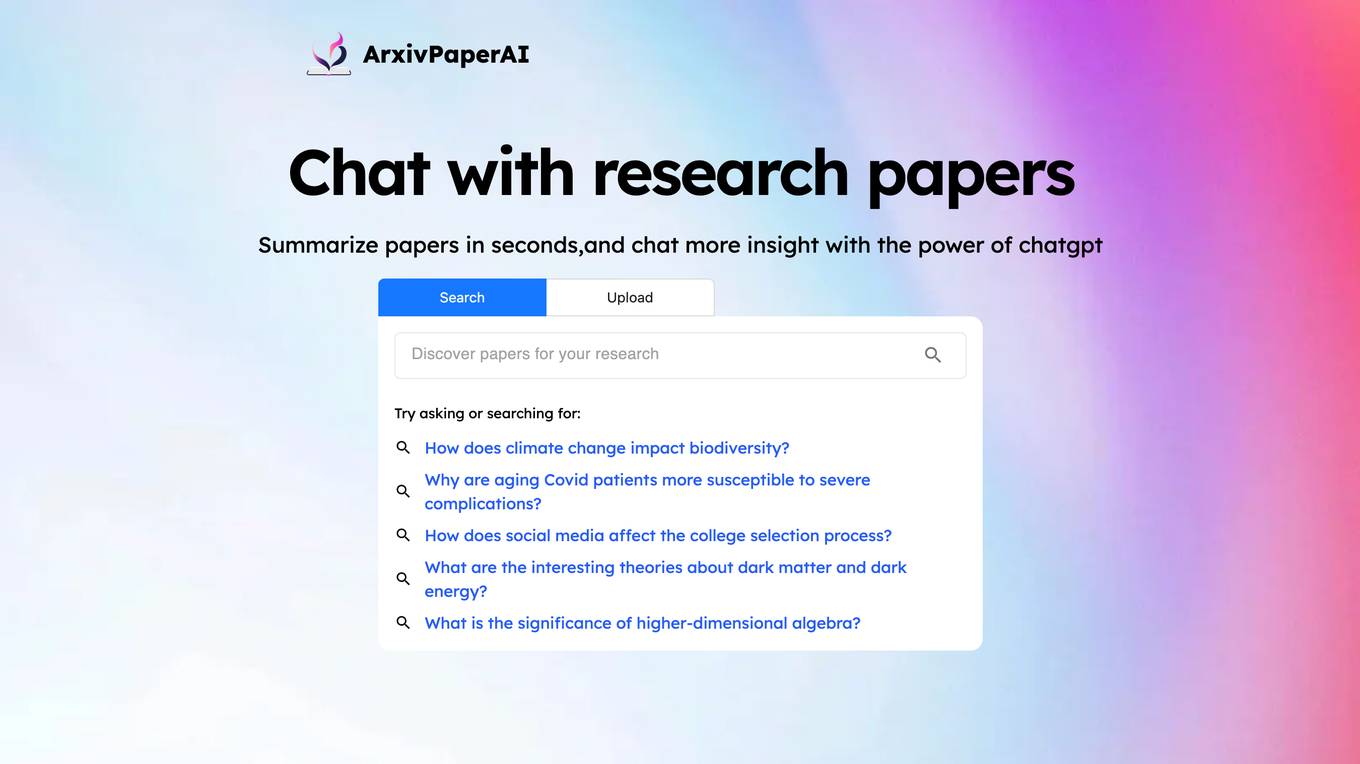
ArxivPaperAI
ArxivPaperAI is an AI-powered research paper summarizer that helps you quickly and easily understand the key points of academic papers. With ArxivPaperAI, you can:
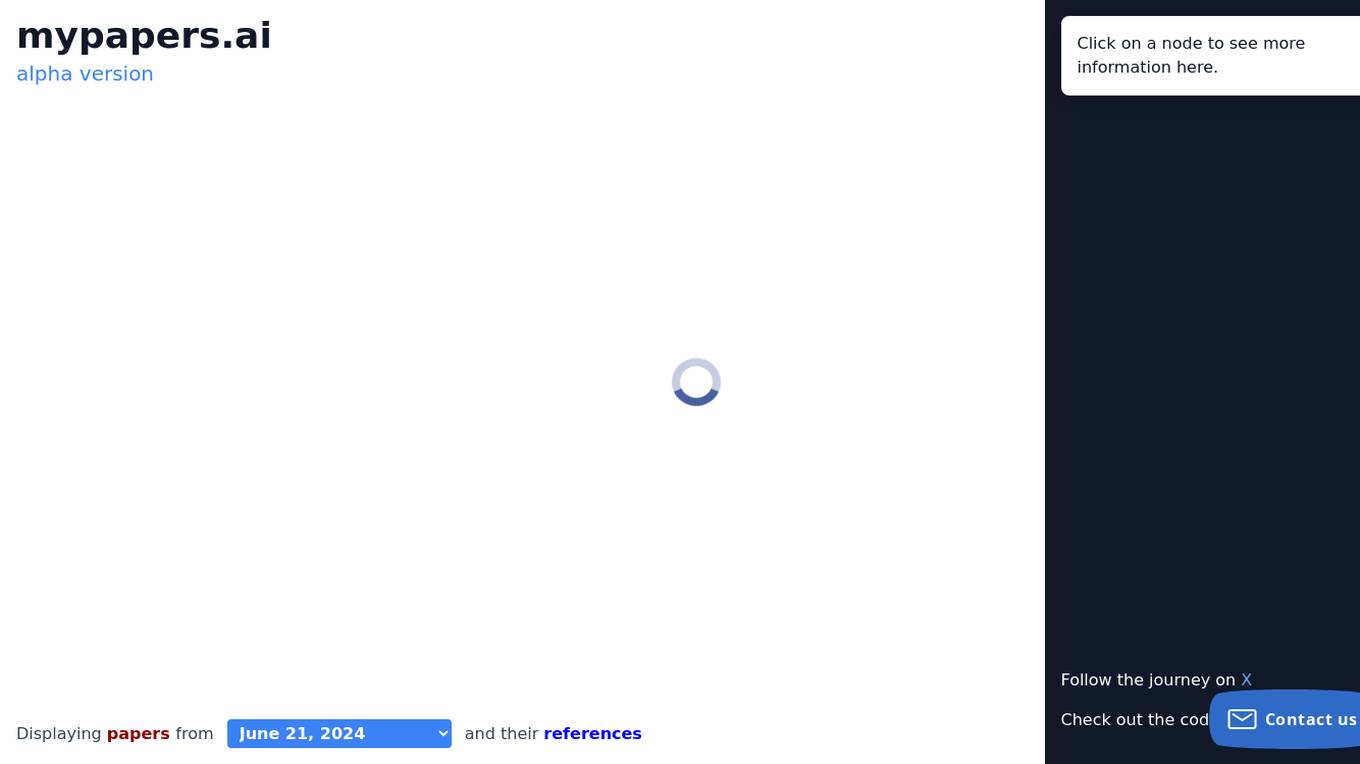
mypapers.ai
mypapers.ai is an AI tool designed to assist users in managing and analyzing academic papers efficiently. The tool offers features such as exploring papers and authors, toggling between papers and authors, and tracking the journey of research. Users can also access the code on GitHub to further enhance their research capabilities.
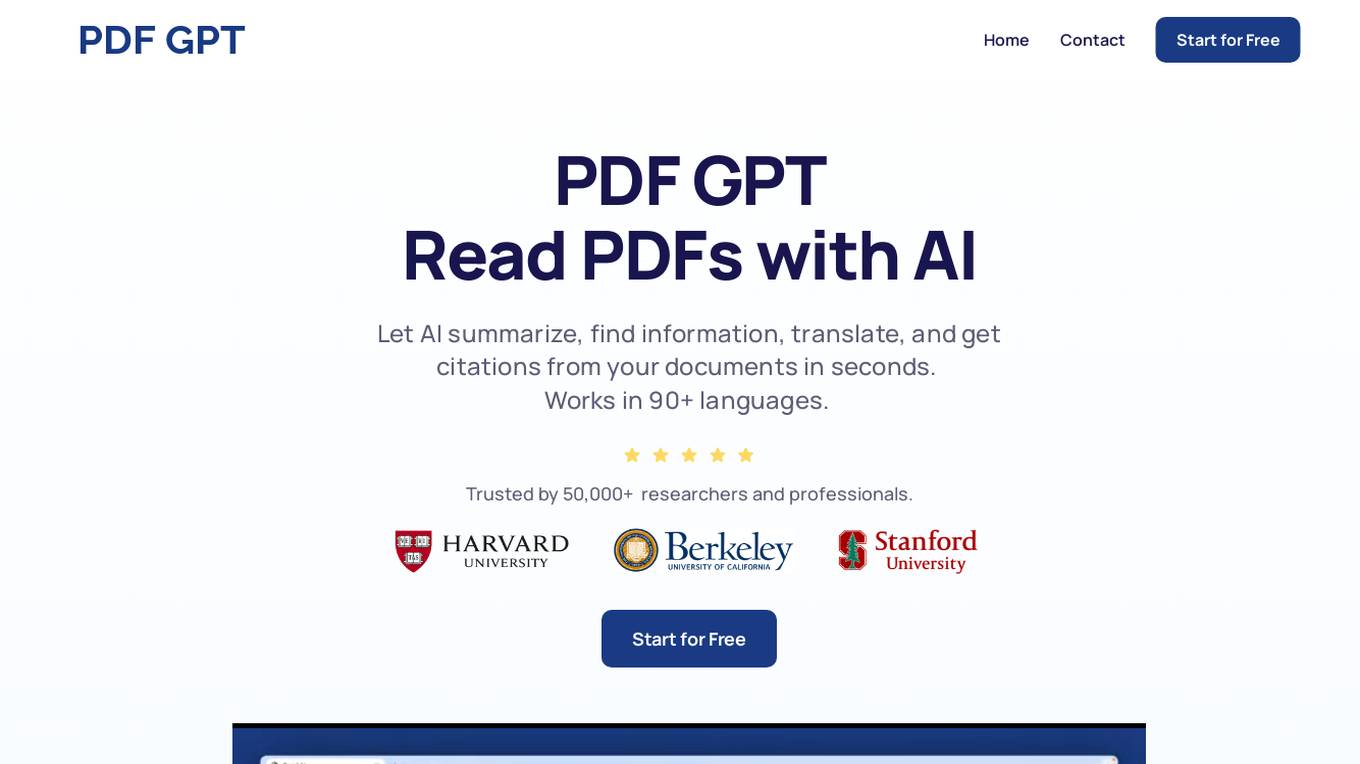
PDF GPT
PDF GPT is an AI-powered tool that allows users to read PDFs with the help of artificial intelligence. It can summarize long documents, find information, translate content, and generate citations from PDF files in various languages. With features like document tagging, group chat functionality, and advanced search capabilities, PDF GPT aims to streamline the document management process for researchers and professionals. The tool is trusted by over 50,000 users and offers both free and premium subscription plans to cater to different user needs.
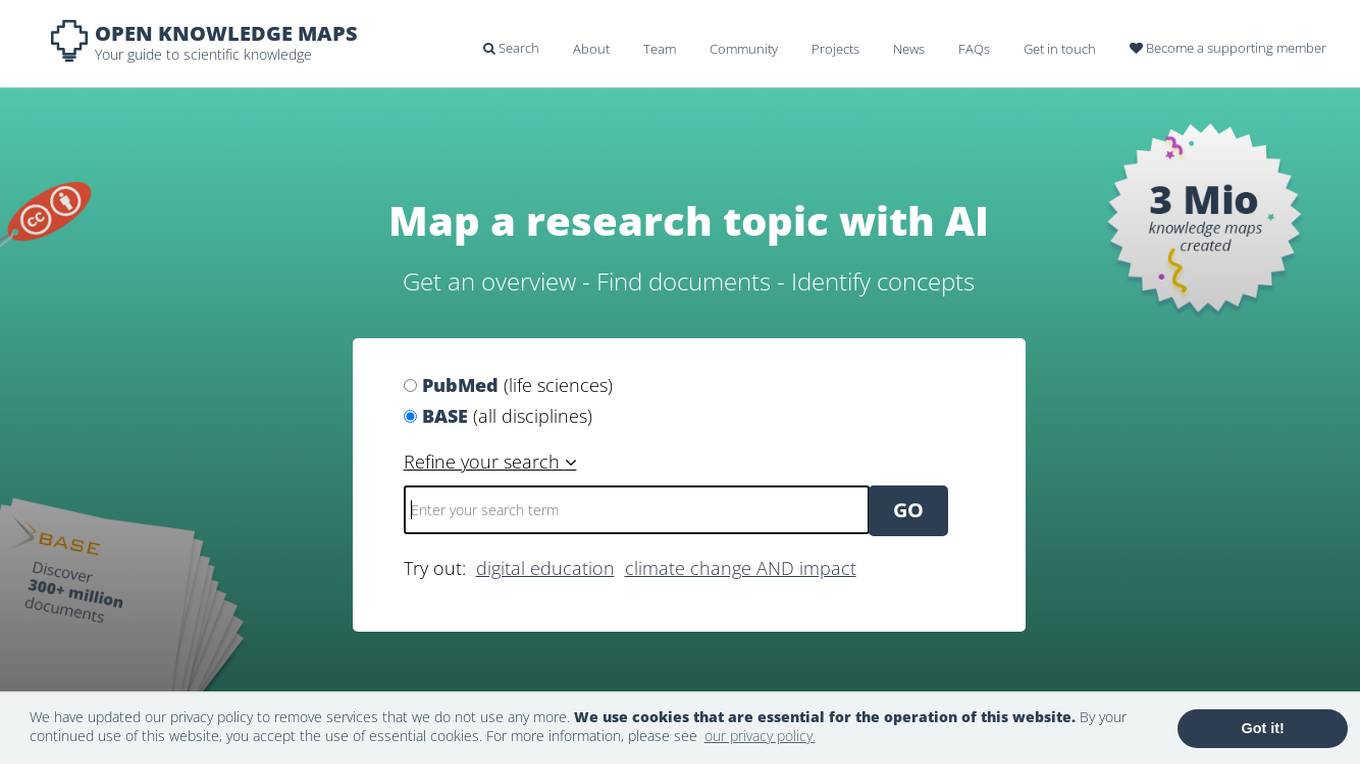
Open Knowledge Maps
Open Knowledge Maps is the world's largest AI-based search engine for scientific knowledge. It aims to revolutionize discovery by increasing the visibility of research findings for science and society. The platform is open and nonprofit, based on the principles of open science, with a mission to create an inclusive, sustainable, and equitable infrastructure for all users. Users can map research topics with AI, find documents, and identify concepts to enhance their literature search experience.
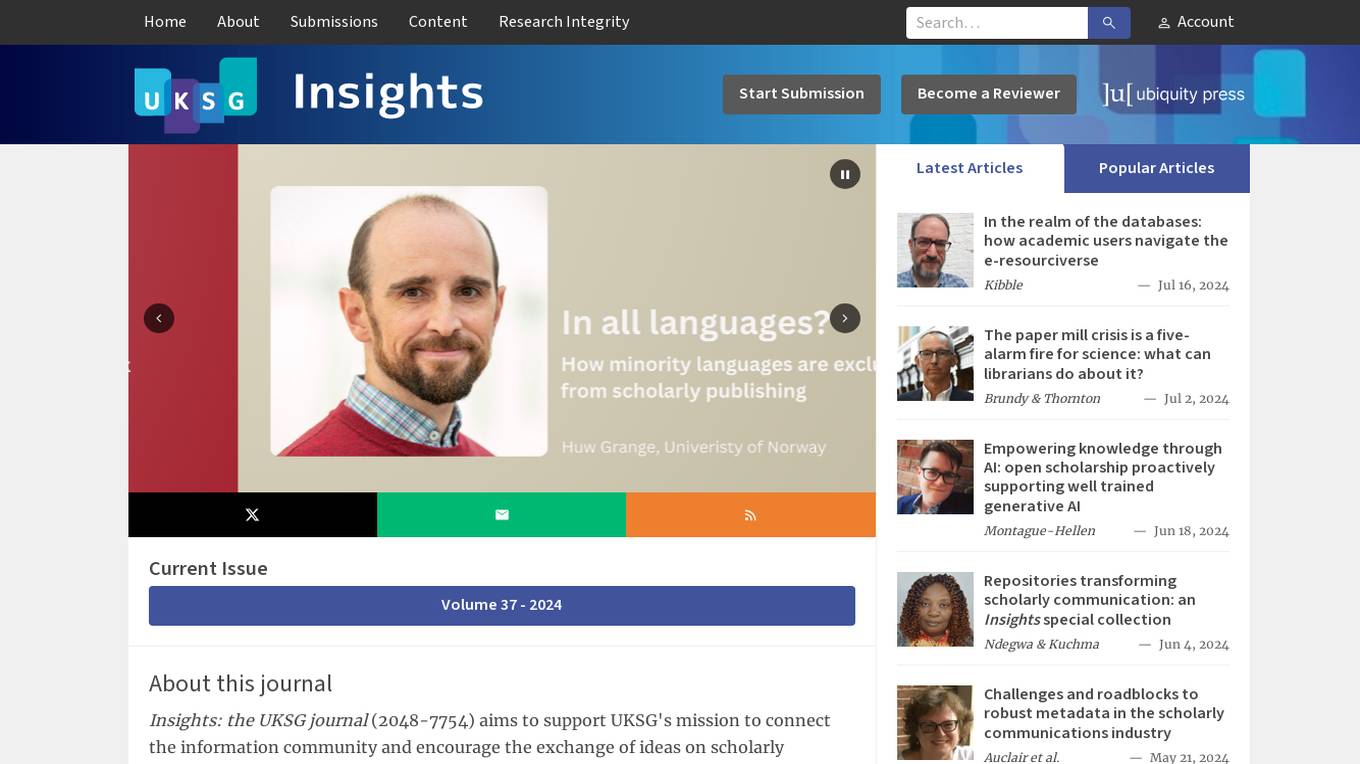
Insights
Insights is an AI tool designed to support UKSG's mission by connecting the information community and encouraging the exchange of ideas on scholarly communication. It provides a forum for stakeholders in the global knowledge community to communicate and exchange ideas. Insights disseminates news, information, and publications to raise awareness of services supporting the scholarly information sector. The journal was previously known as Serials: The Journal for the Serials Community and has been fully digitized and is openly accessible at serials.uksg.org.
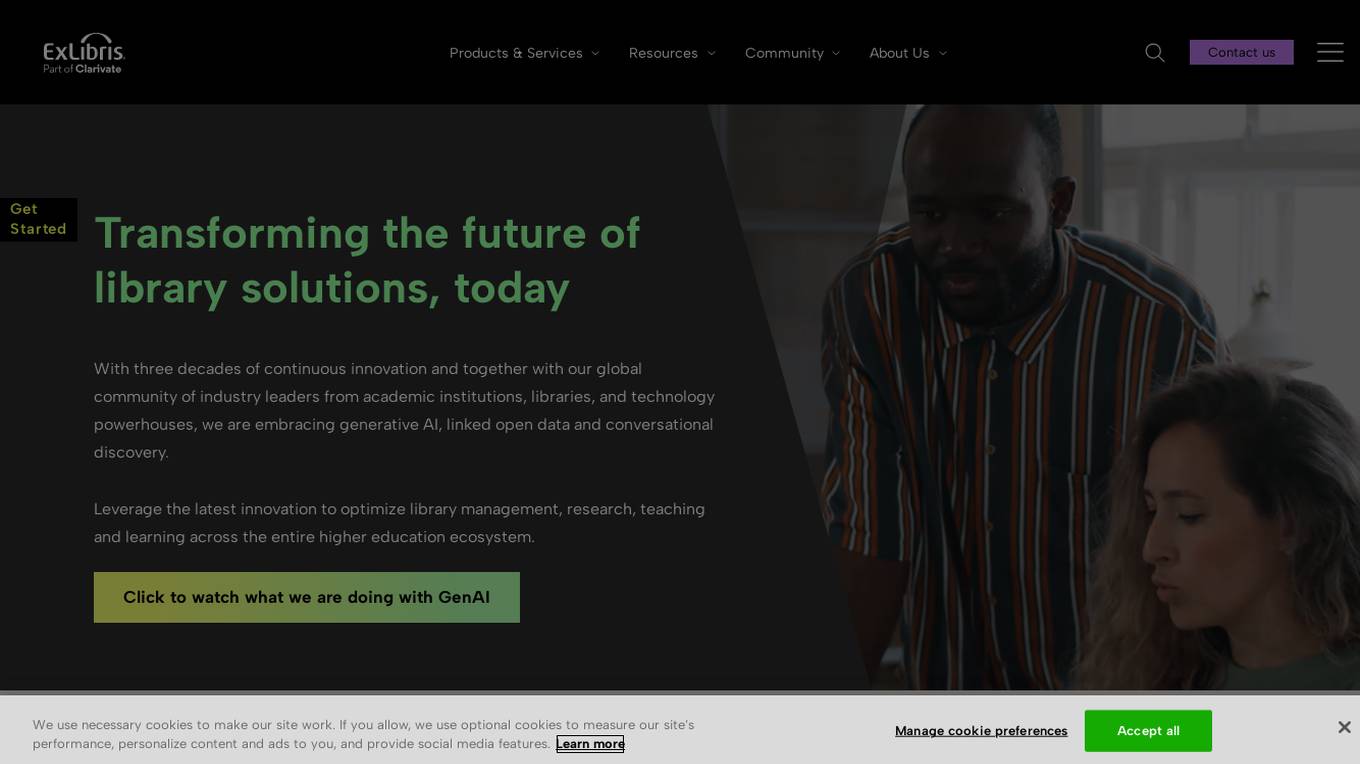
Ex Libris Products & Services
The website is a comprehensive platform offering a suite of software solutions for library management, research, teaching, and learning in the higher education ecosystem. It leverages generative AI, linked open data, and conversational discovery to optimize operations, integration, personalized experiences, and analytic insights. The platform includes various products and services such as Alma, Primo, Leganto, Rapido, Rosetta, and campusM, catering to the unique needs of academic institutions, libraries, and technology powerhouses. The website features success stories, customer testimonials, webinars, learning resources, and community engagement initiatives.
2 - Open Source Tools
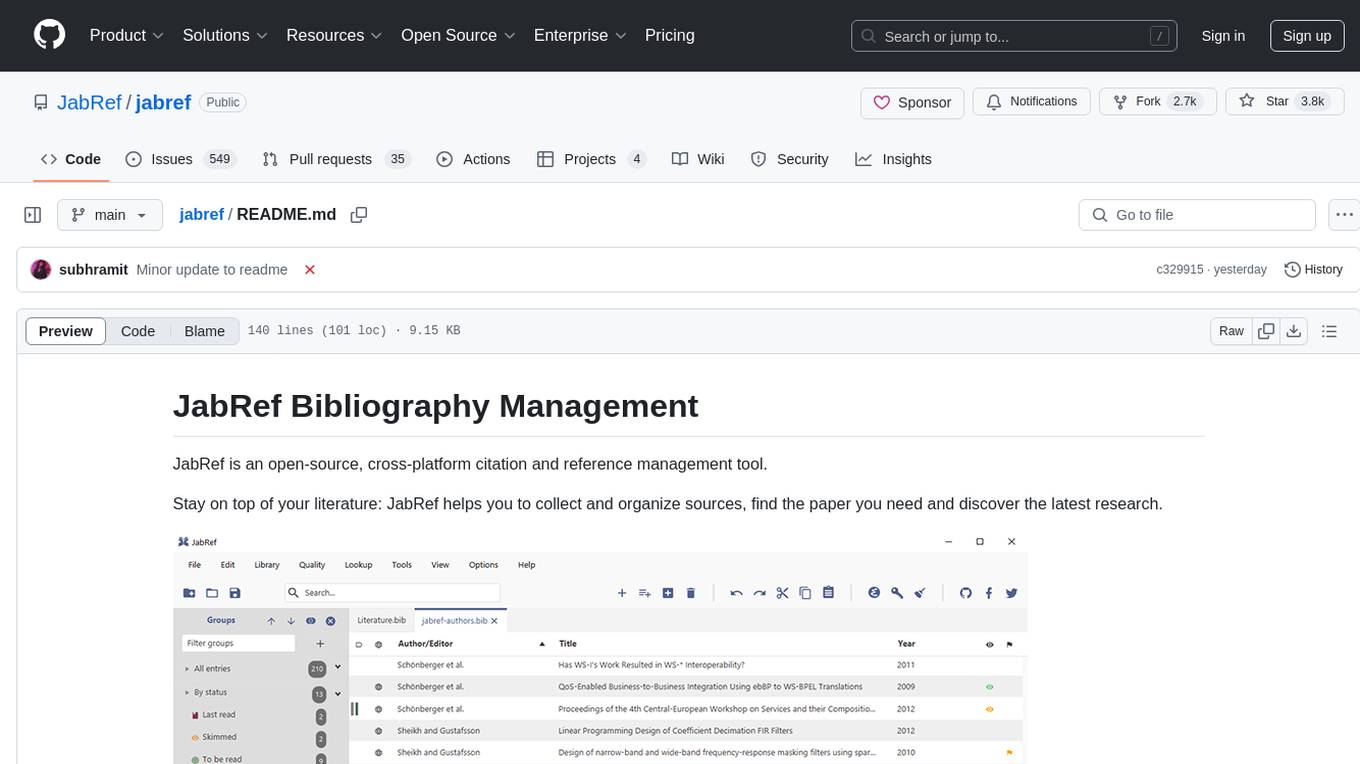
jabref
JabRef is an open-source, cross-platform citation and reference management tool that helps users collect, organize, cite, and share research sources. It offers features like searching across online scientific catalogues, importing references in various formats, extracting metadata from PDFs, customizable citation key generator, support for Word and LibreOffice/OpenOffice, and more. Users can organize their research items hierarchically, find and merge duplicates, attach related documents, and keep track of what they read. JabRef also supports sharing via various export options and syncs library contents in a team via a SQL database. It is actively developed, free of charge, and offers native BibTeX and Biblatex support.
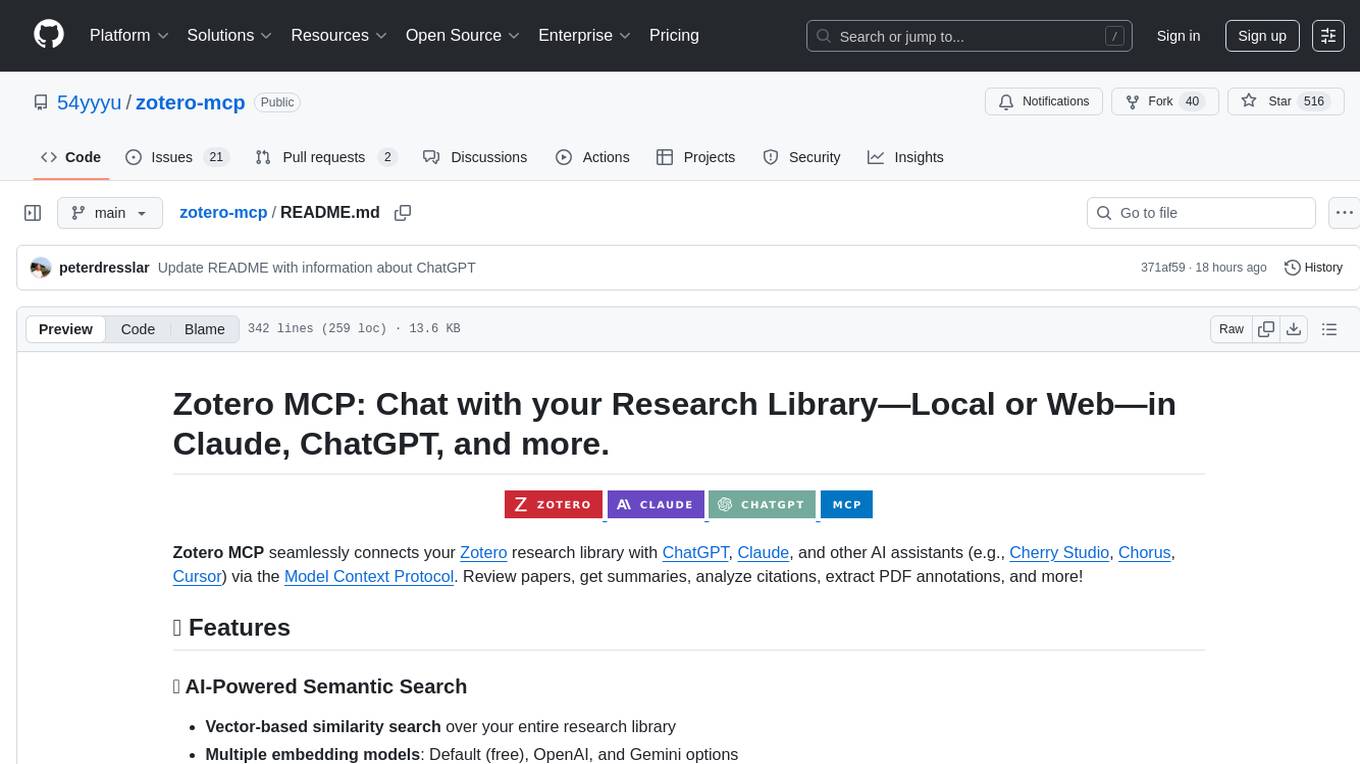
zotero-mcp
Zotero MCP seamlessly connects your Zotero research library with AI assistants like ChatGPT and Claude via the Model Context Protocol. It offers AI-powered semantic search, access to library content, PDF annotation extraction, and easy updates. Users can search their library, analyze citations, and get summaries, making it ideal for research tasks. The tool supports multiple embedding models, intelligent search results, and flexible access methods for both local and remote collaboration. With advanced features like semantic search and PDF annotation extraction, Zotero MCP enhances research efficiency and organization.
20 - OpenAI Gpts
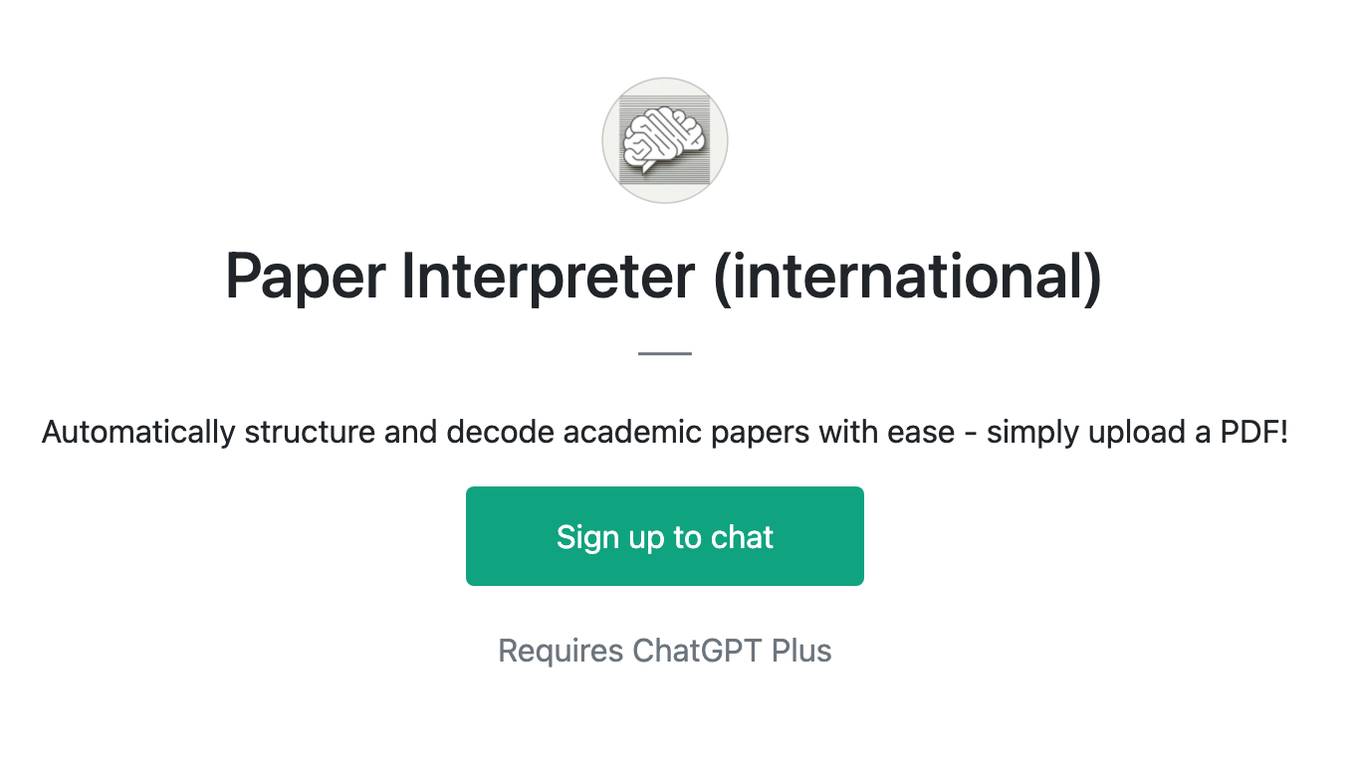
Paper Interpreter (international)
Automatically structure and decode academic papers with ease - simply upload a PDF!
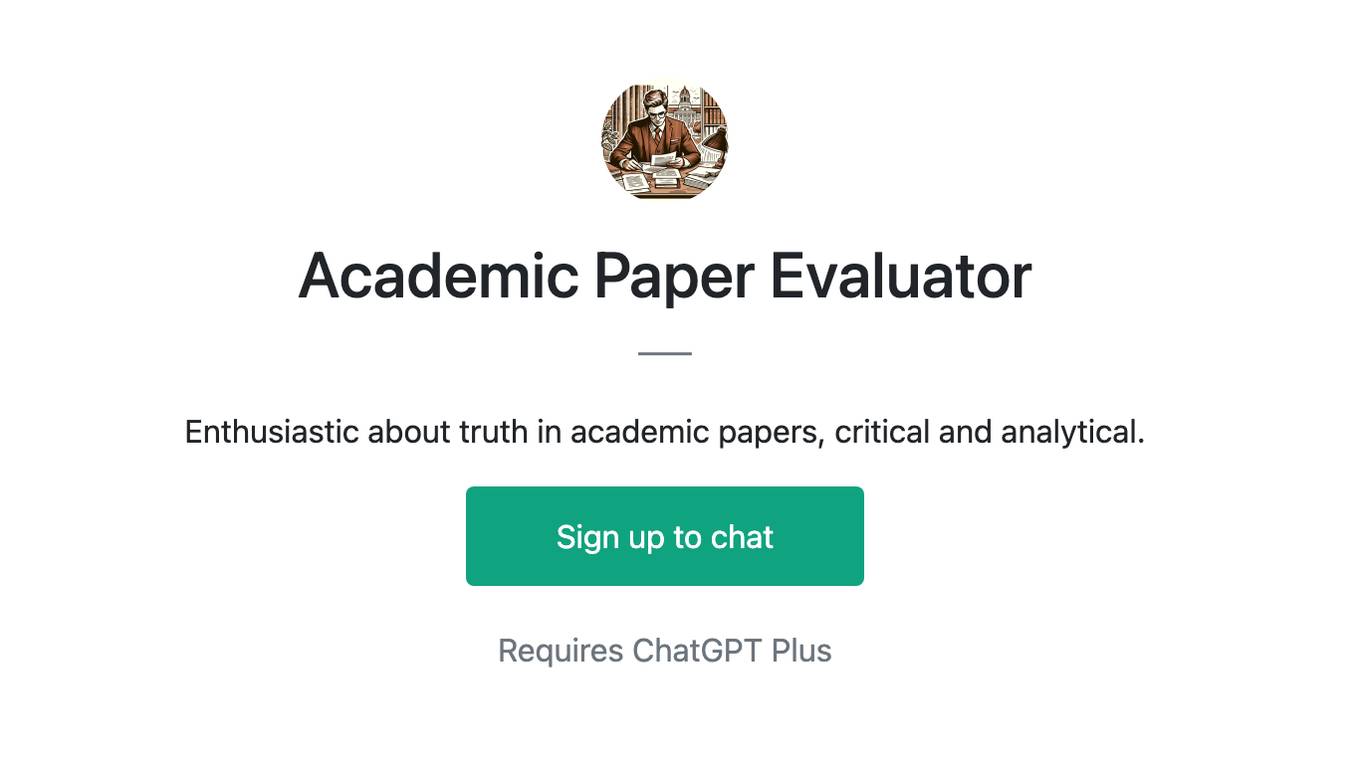
Academic Paper Evaluator
Enthusiastic about truth in academic papers, critical and analytical.
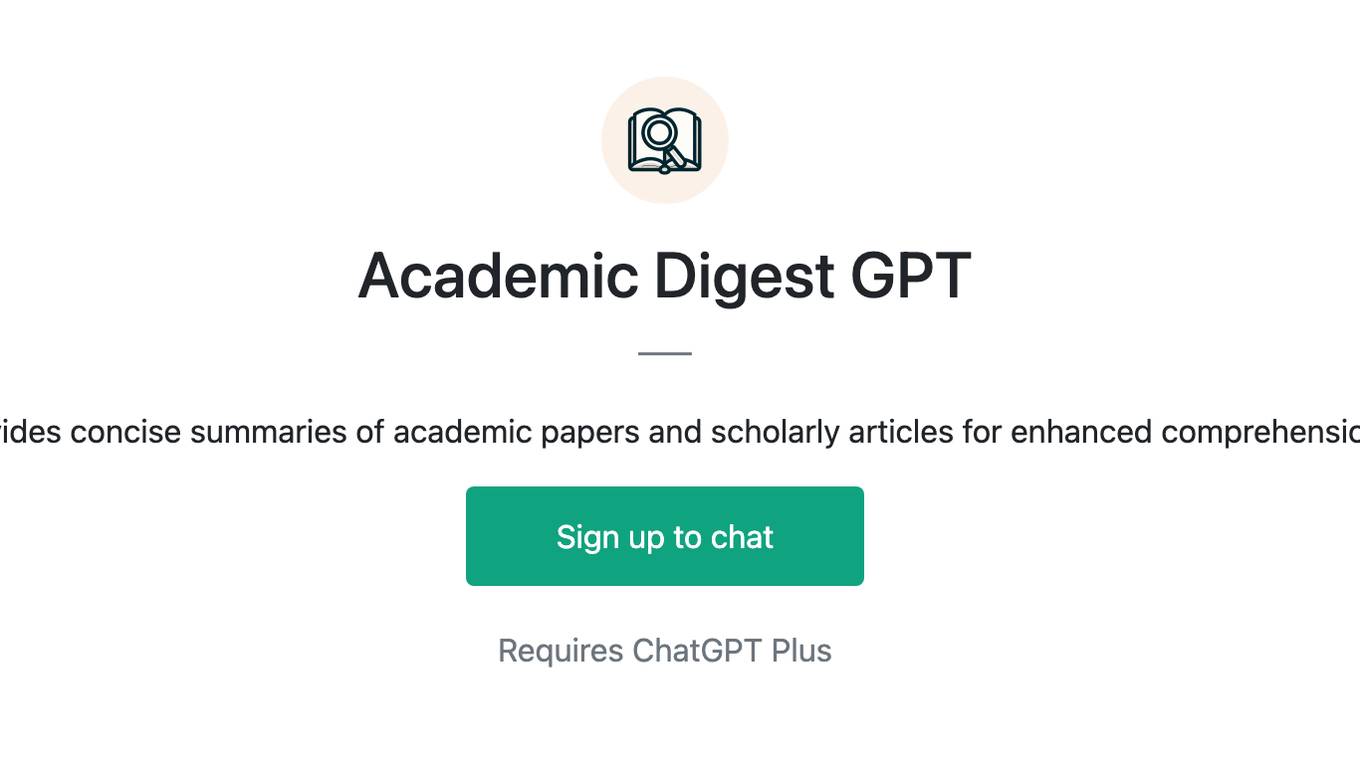
Academic Digest GPT
Provides concise summaries of academic papers and scholarly articles for enhanced comprehension.
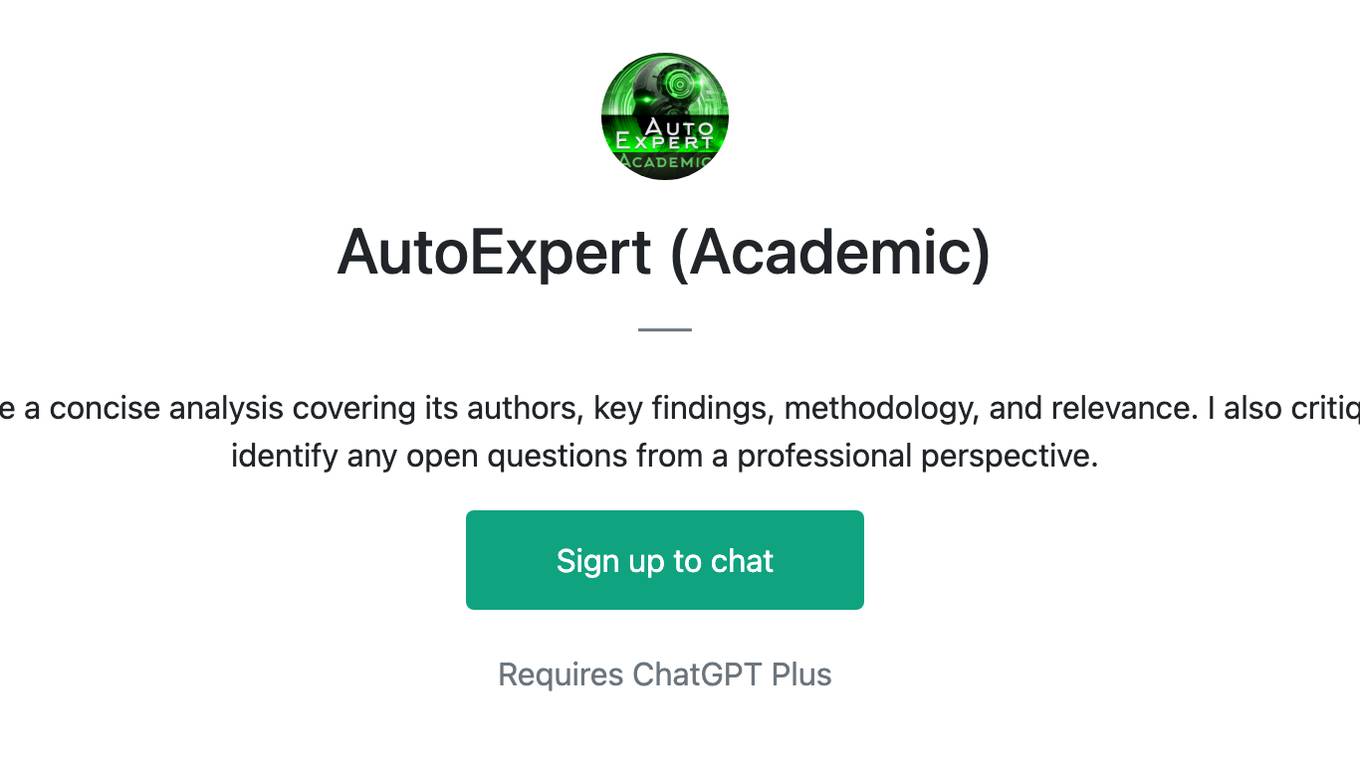
AutoExpert (Academic)
Upon uploading a research paper, I provide a concise analysis covering its authors, key findings, methodology, and relevance. I also critique the work, highlight its strengths, and identify any open questions from a professional perspective.
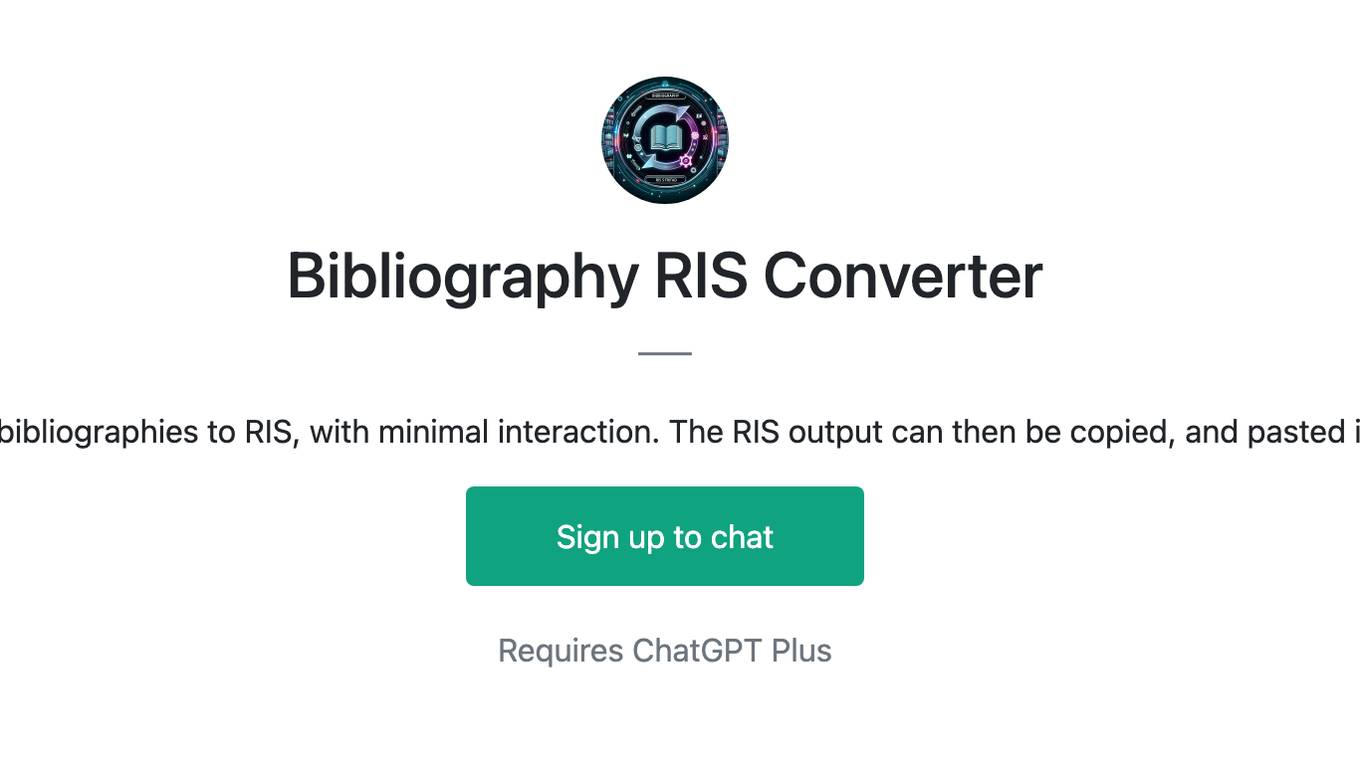
Bibliography RIS Converter
Professionally converts academic bibliographies to RIS, with minimal interaction. The RIS output can then be copied, and pasted into Zotero using Ctrl-Alt-Shift-I.
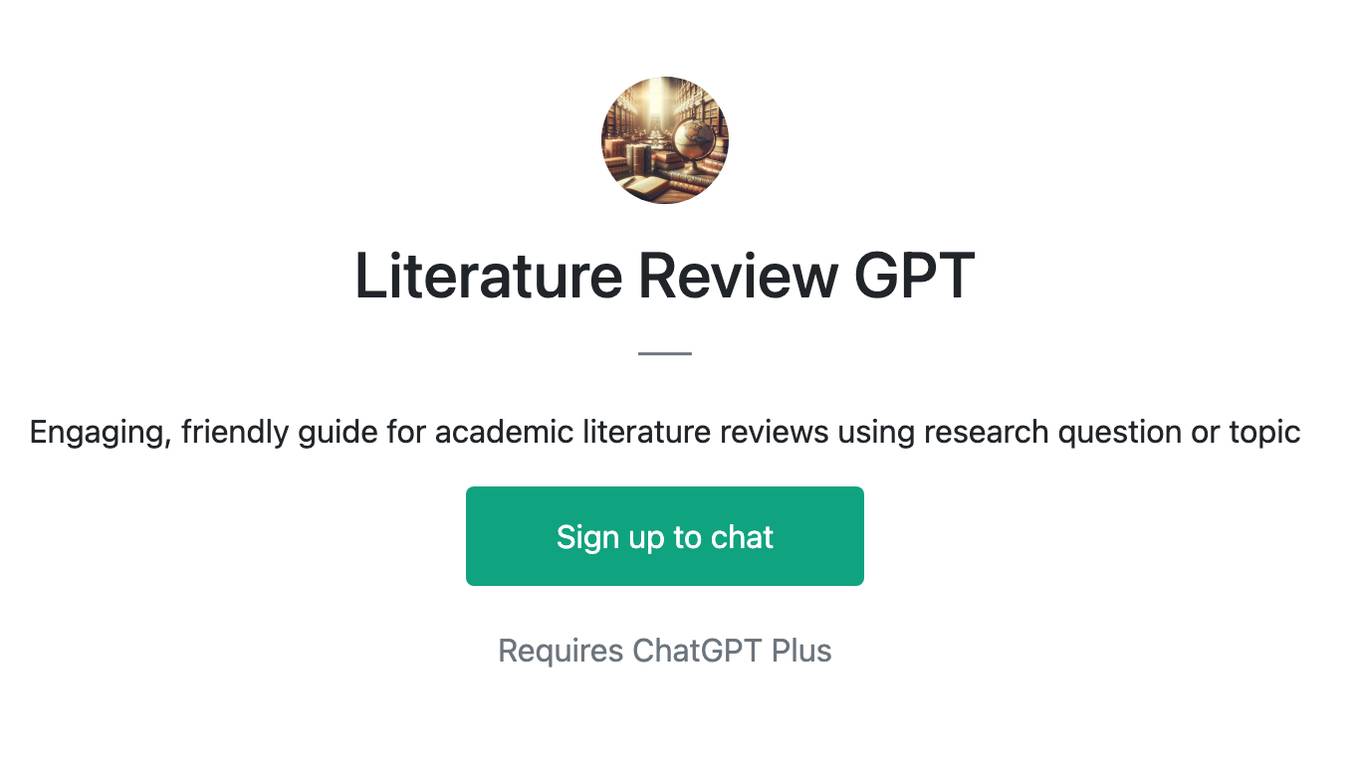
Literature Review GPT
Engaging, friendly guide for academic literature reviews using research question or topic
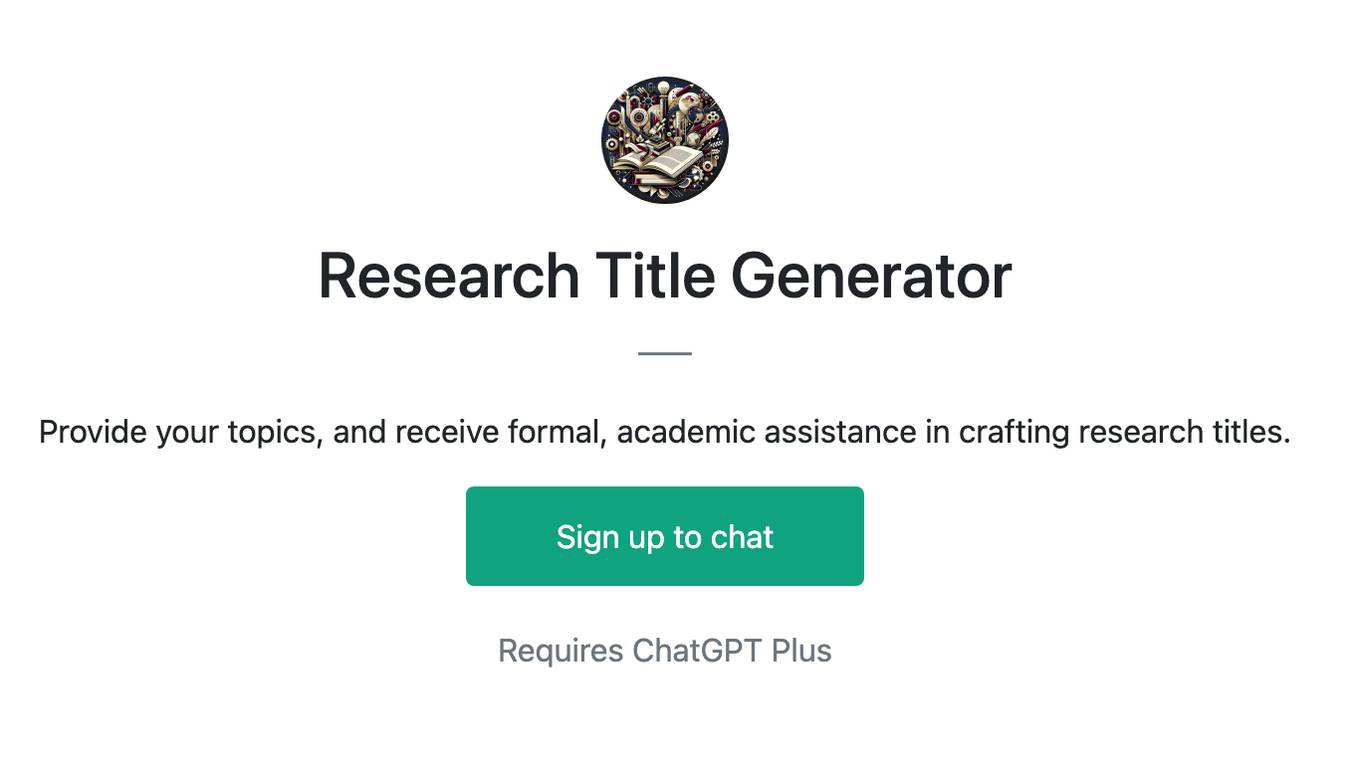
Research Title Generator
Provide your topics, and receive formal, academic assistance in crafting research titles.
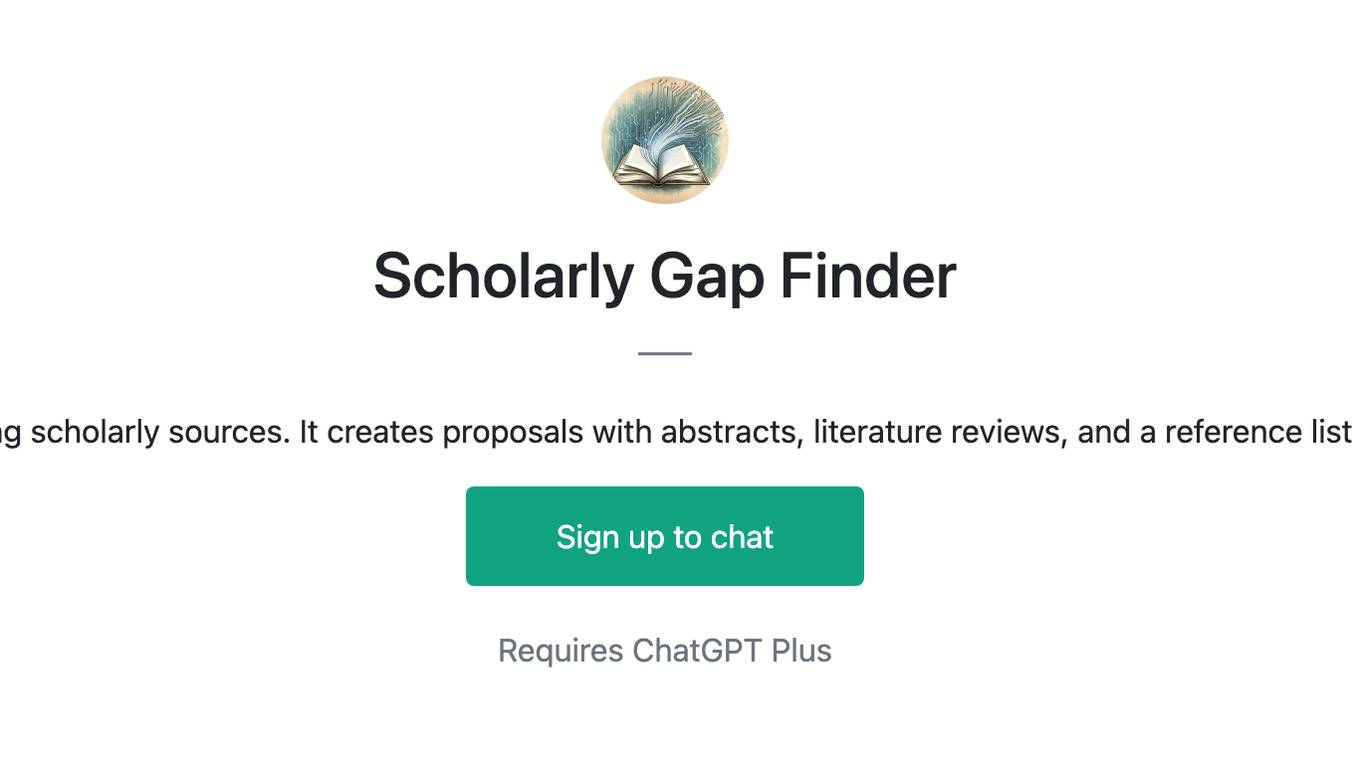
Scholarly Gap Finder
SGF identifies research gaps using scholarly sources. It creates proposals with abstracts, literature reviews, and a reference list tailored for academic research.
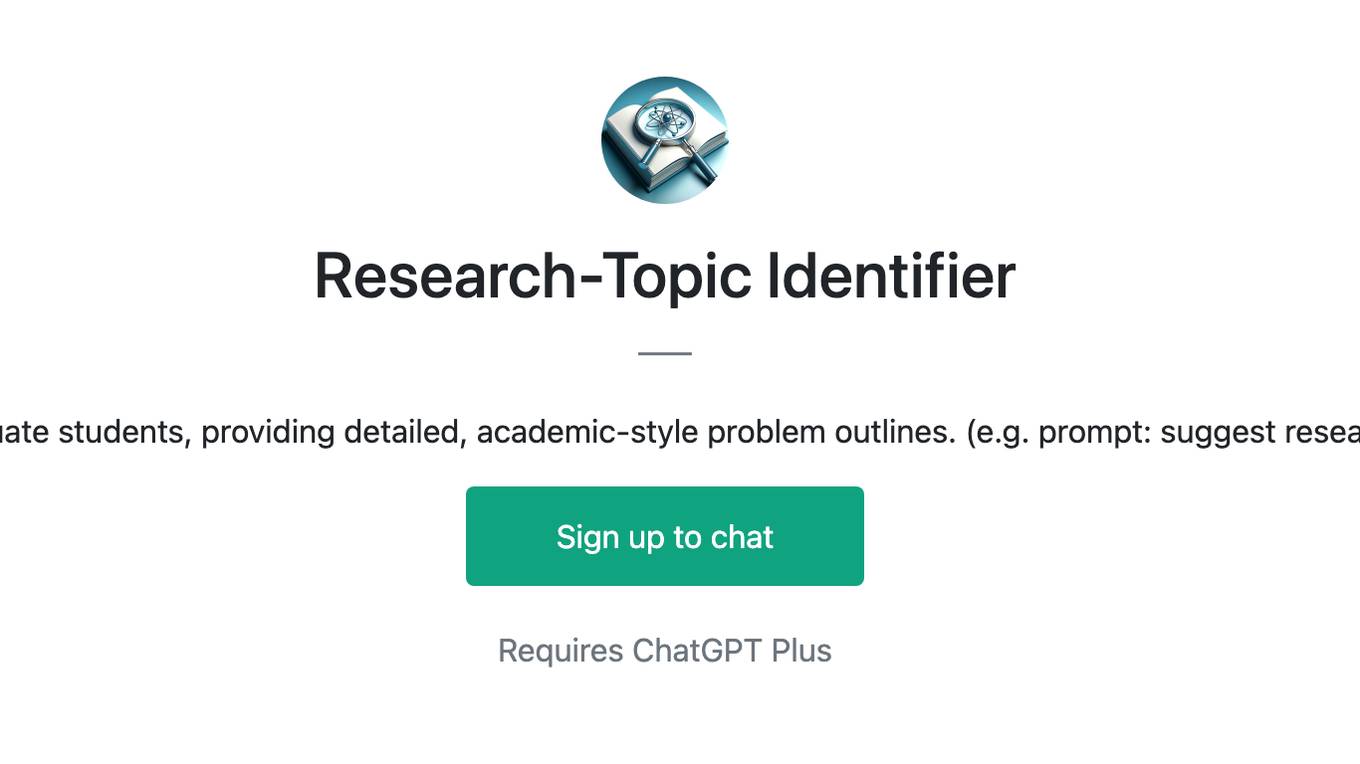
Research-Topic Identifier
Research topic identifier for graduate students, providing detailed, academic-style problem outlines. (e.g. prompt: suggest research topics in renewable energy)
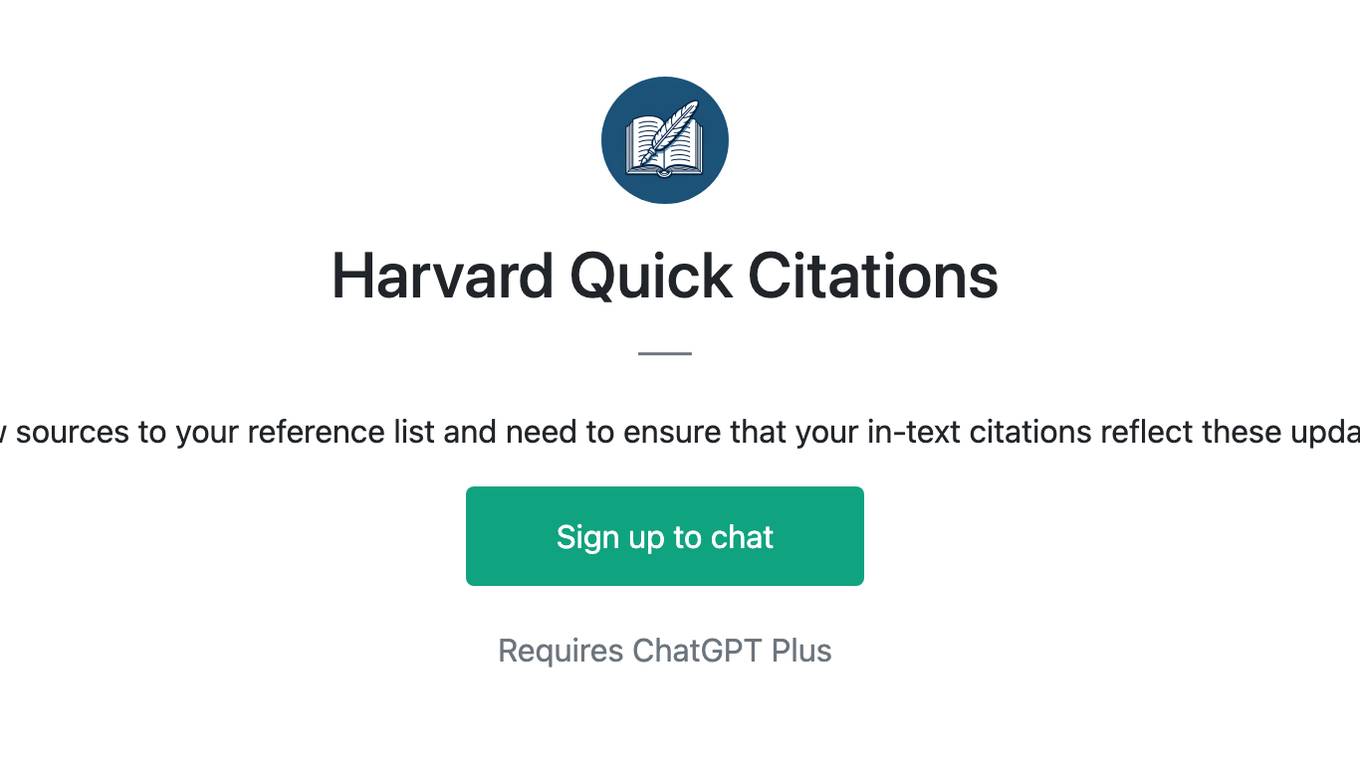
Harvard Quick Citations
This tool is only useful if you have added new sources to your reference list and need to ensure that your in-text citations reflect these updates. Paste your essay below to get started.
